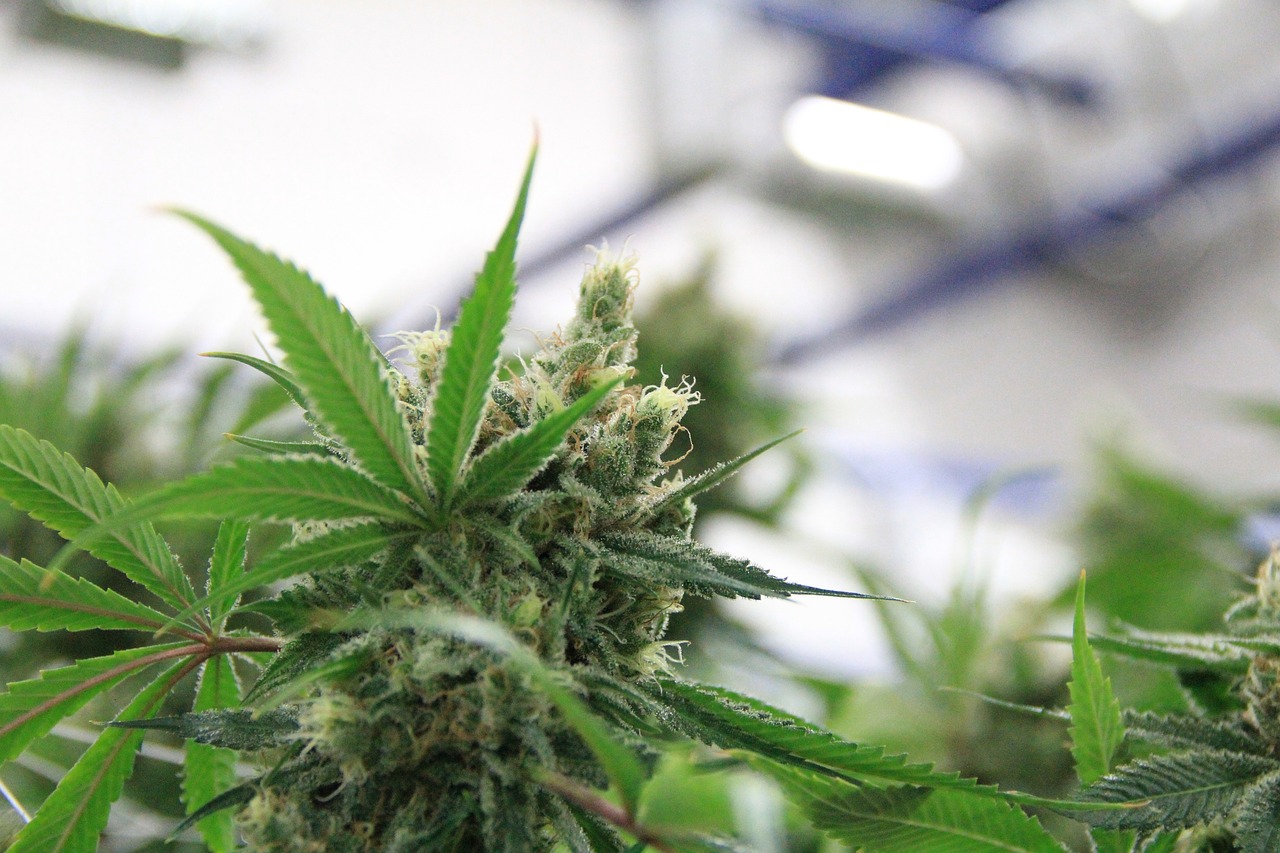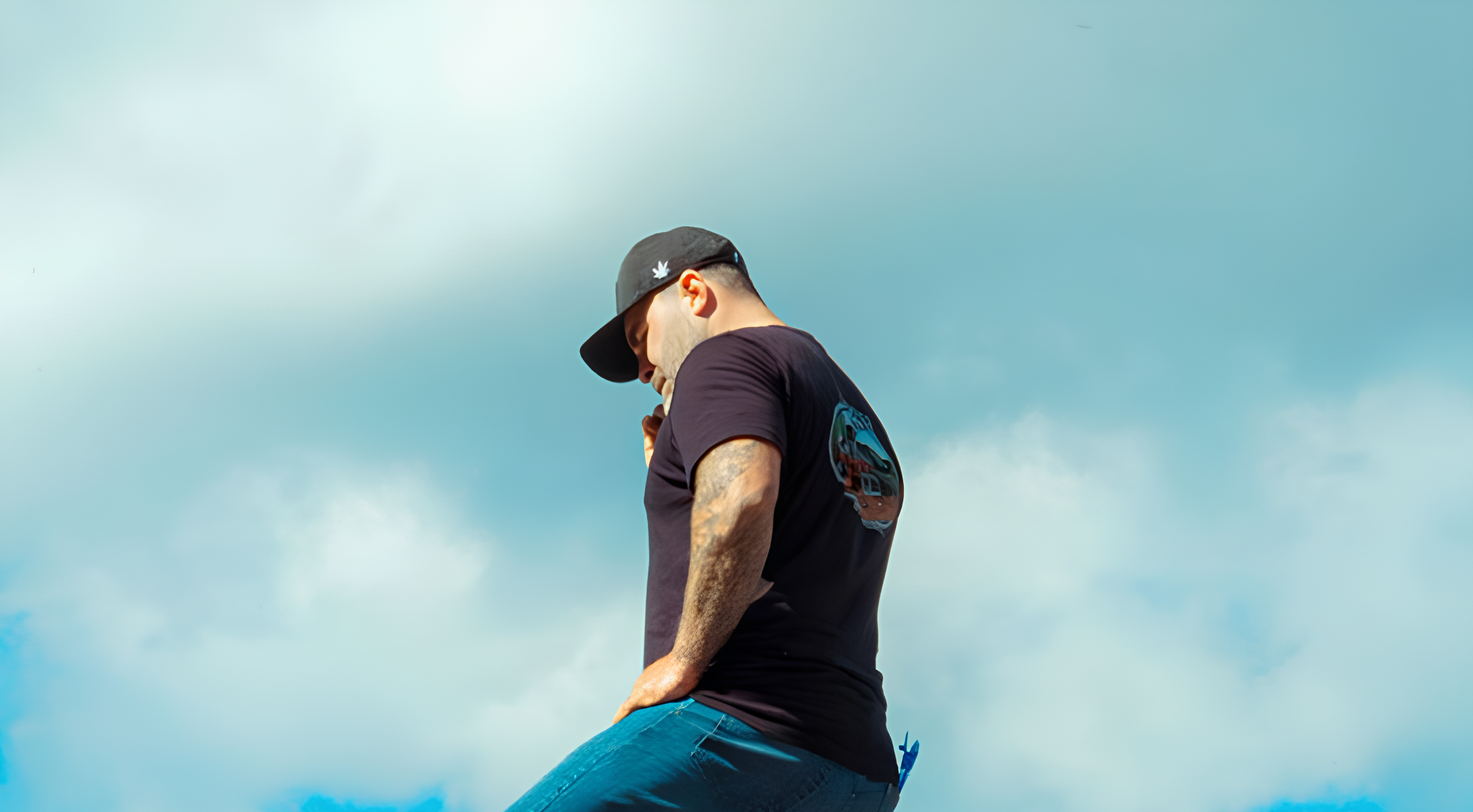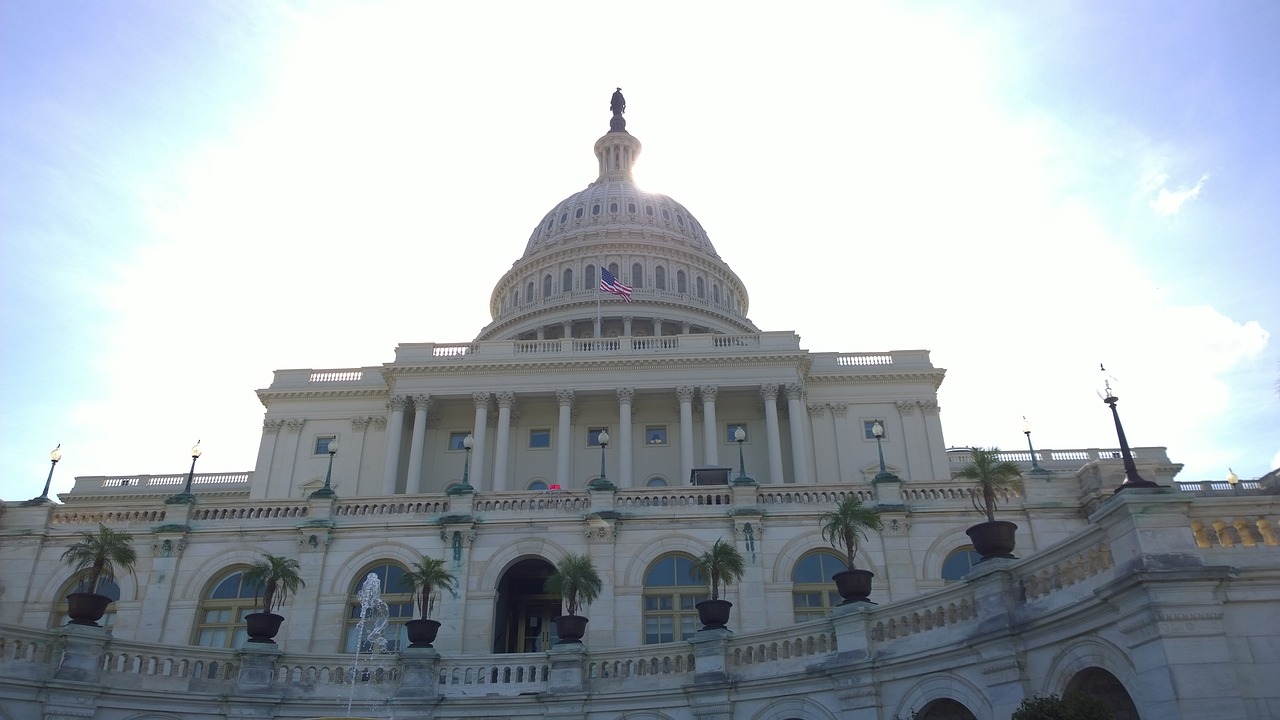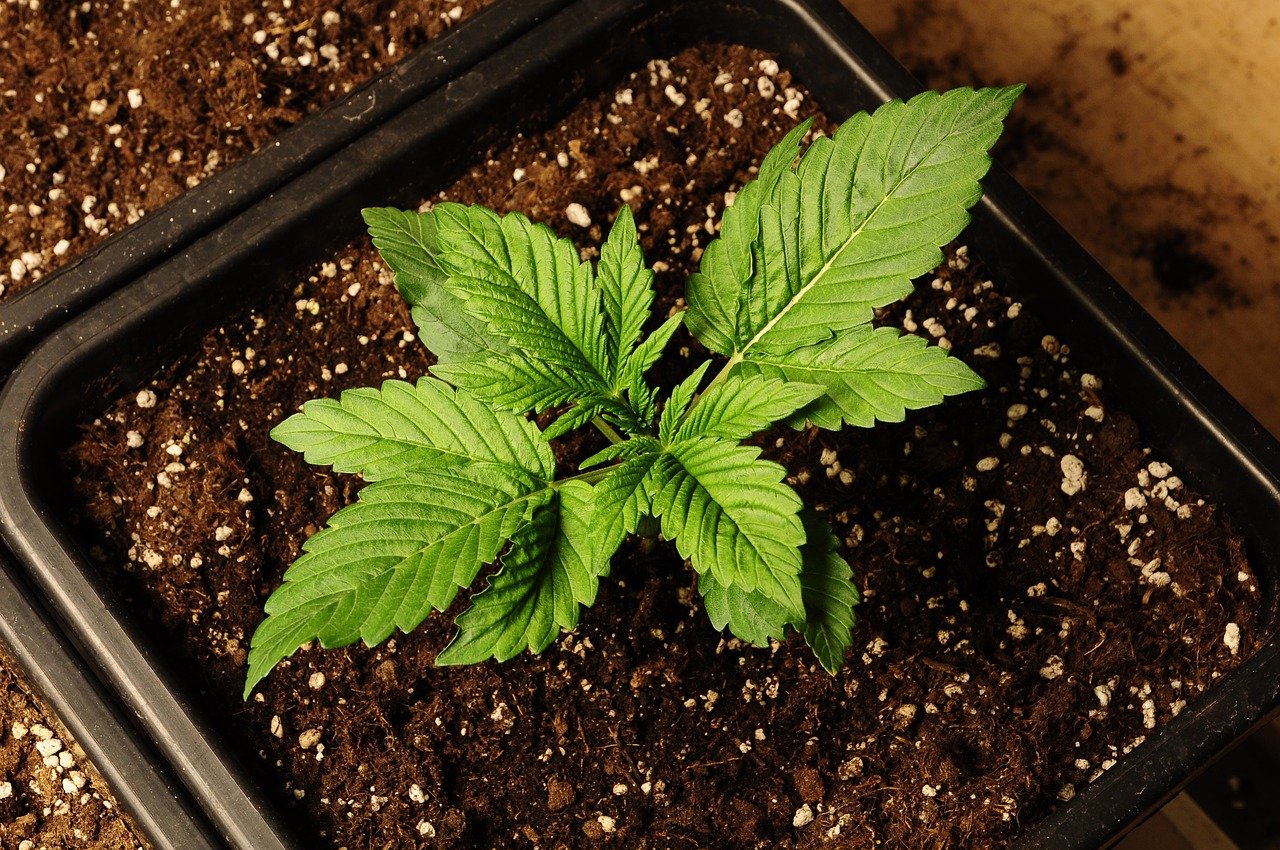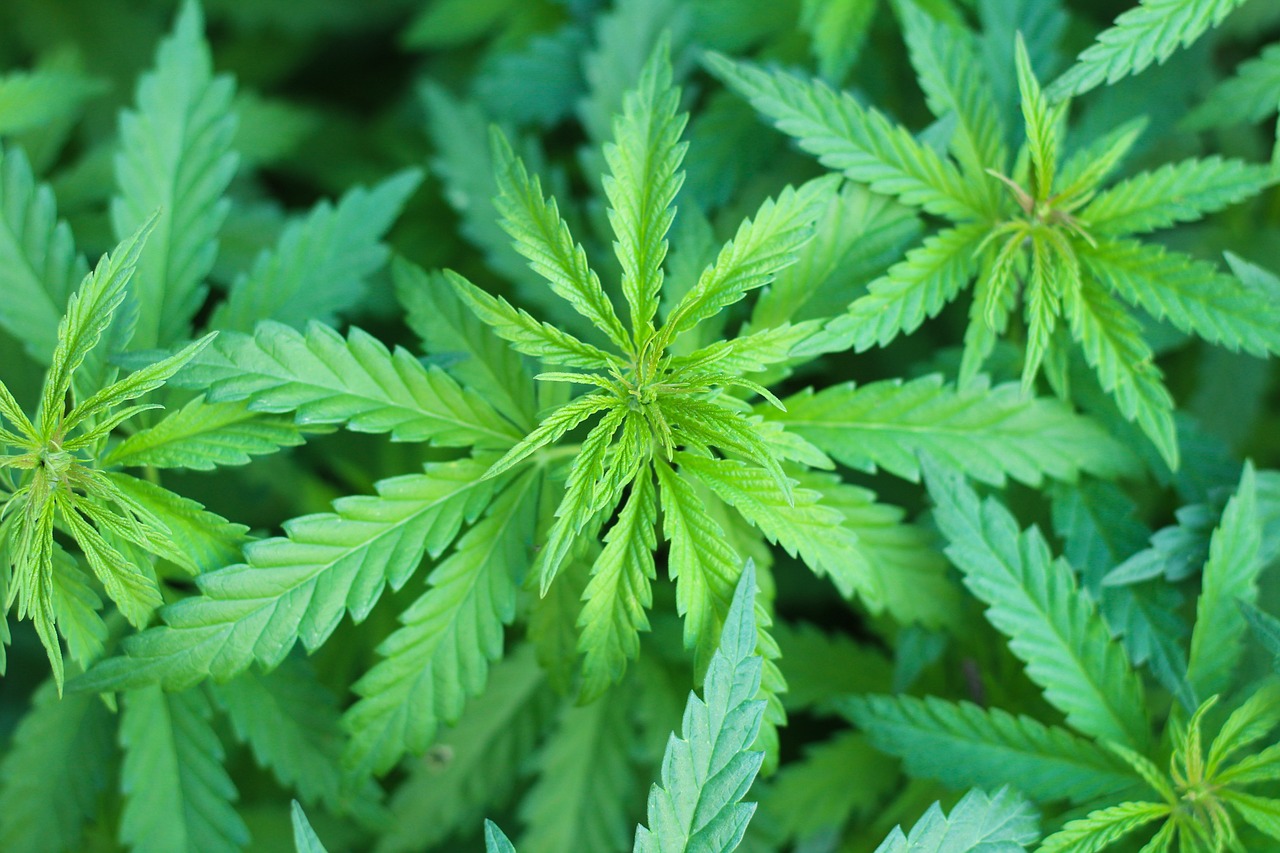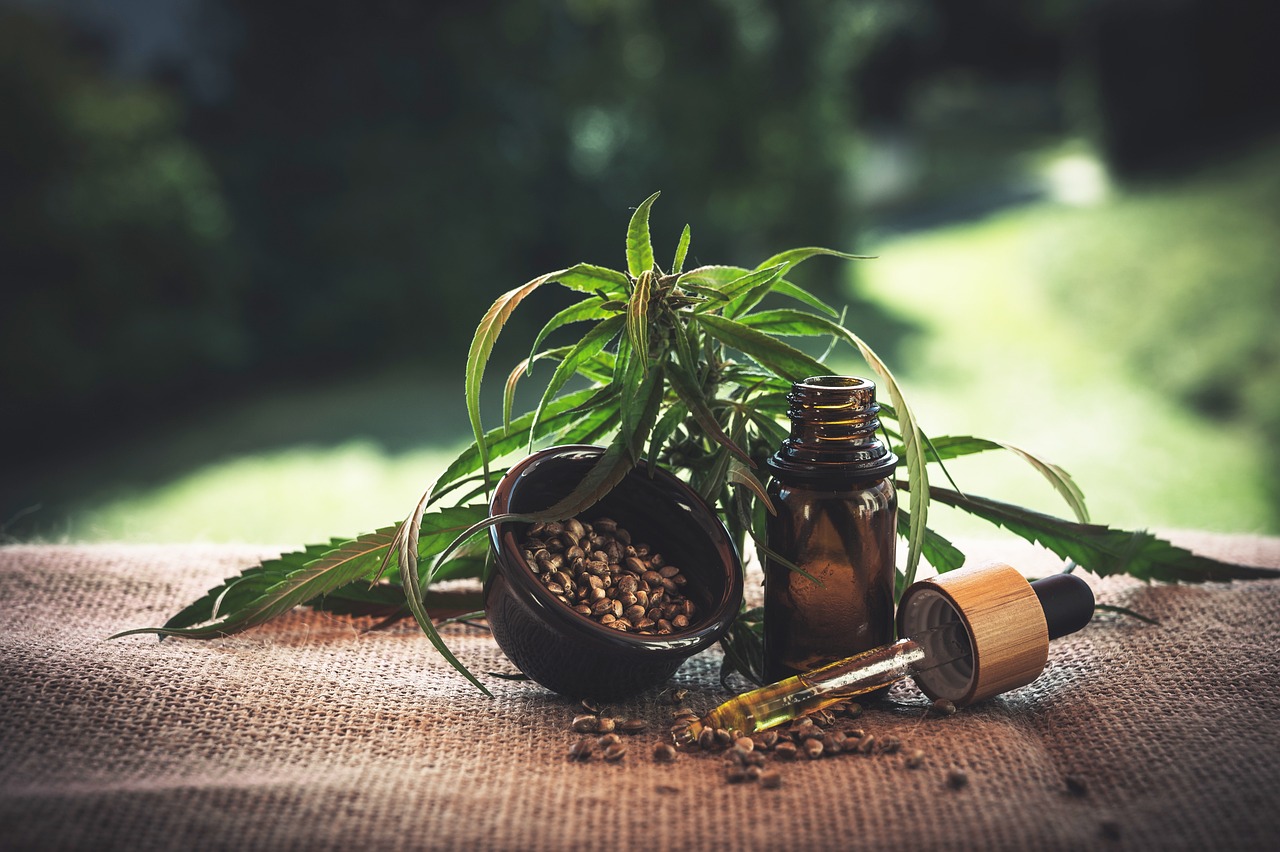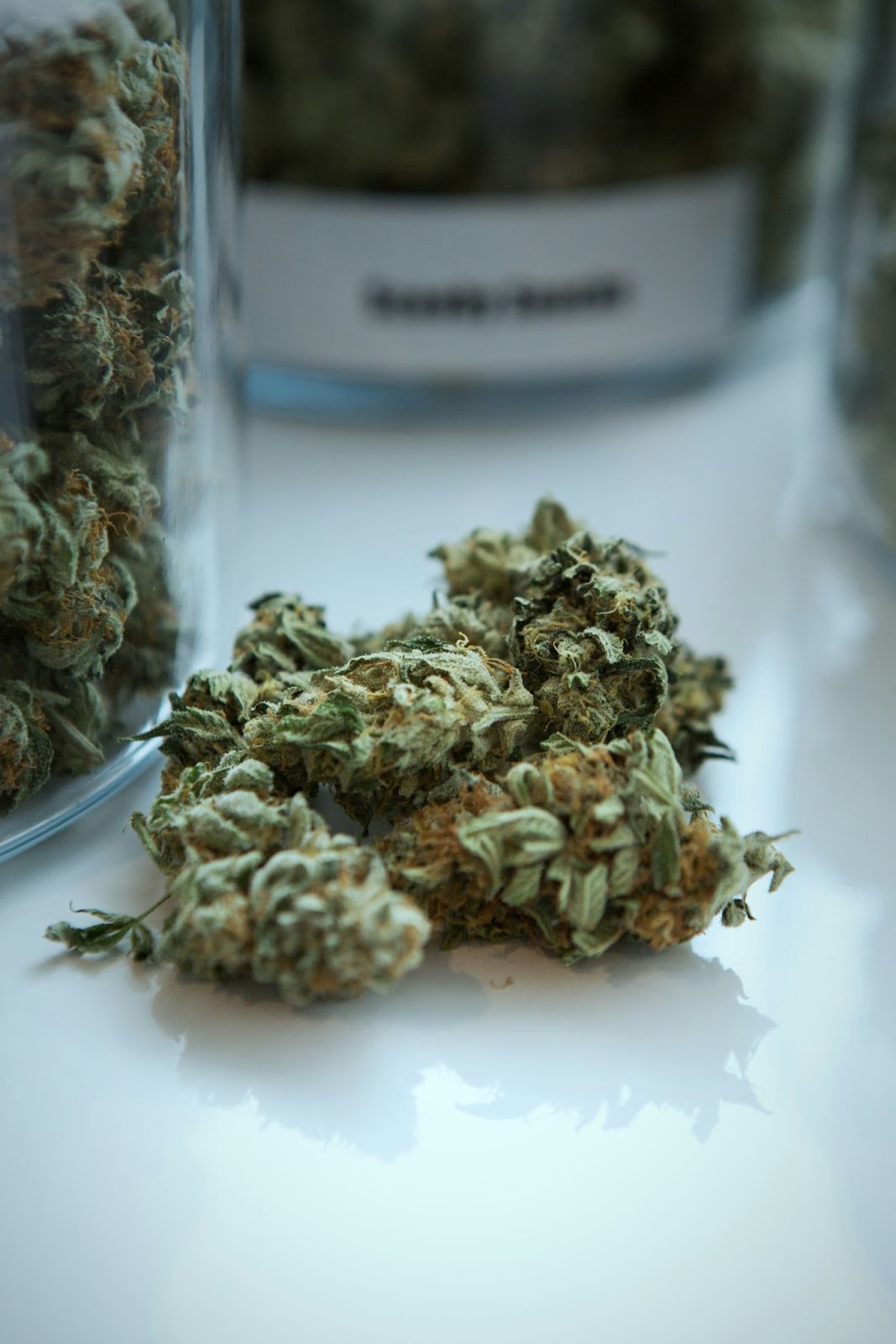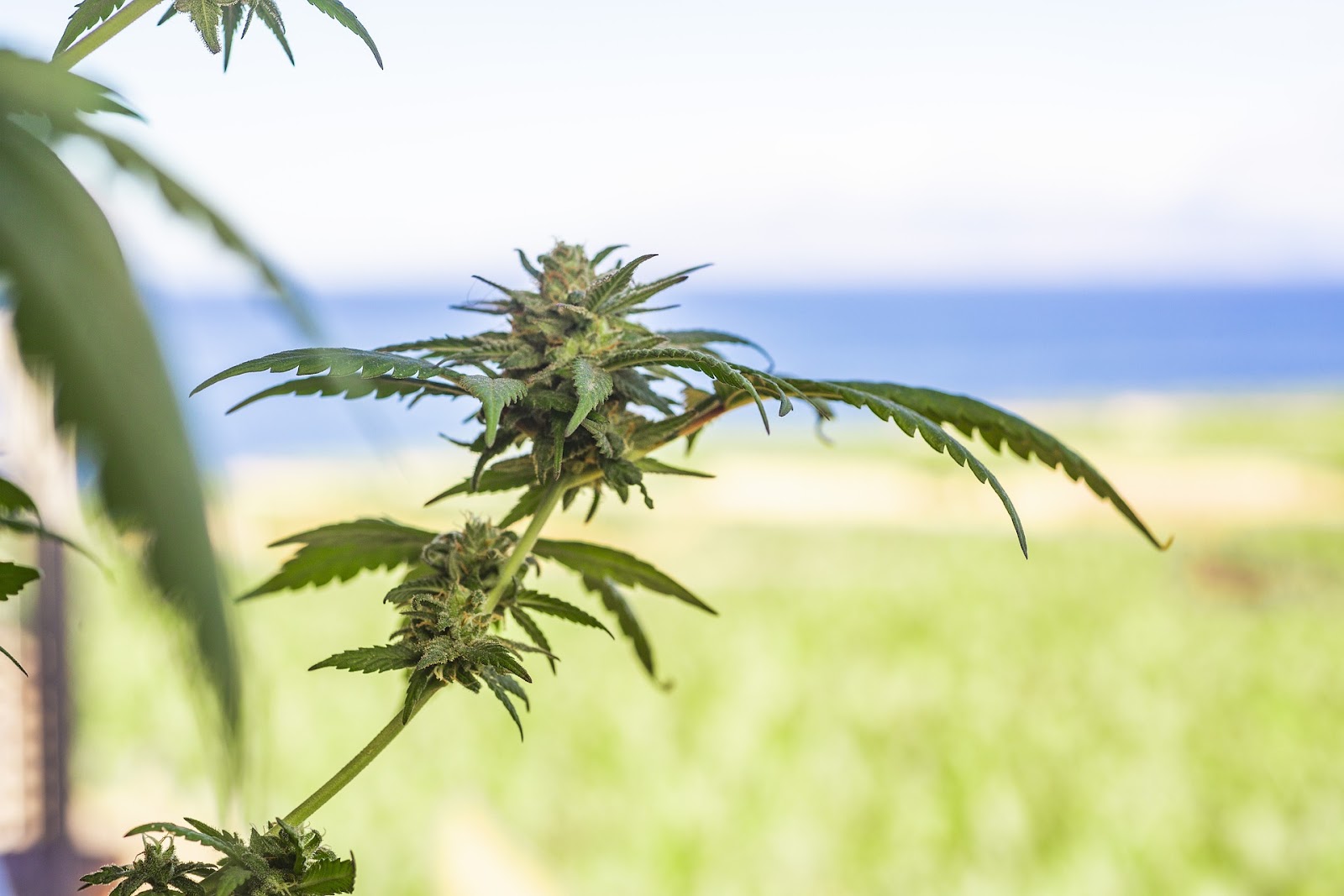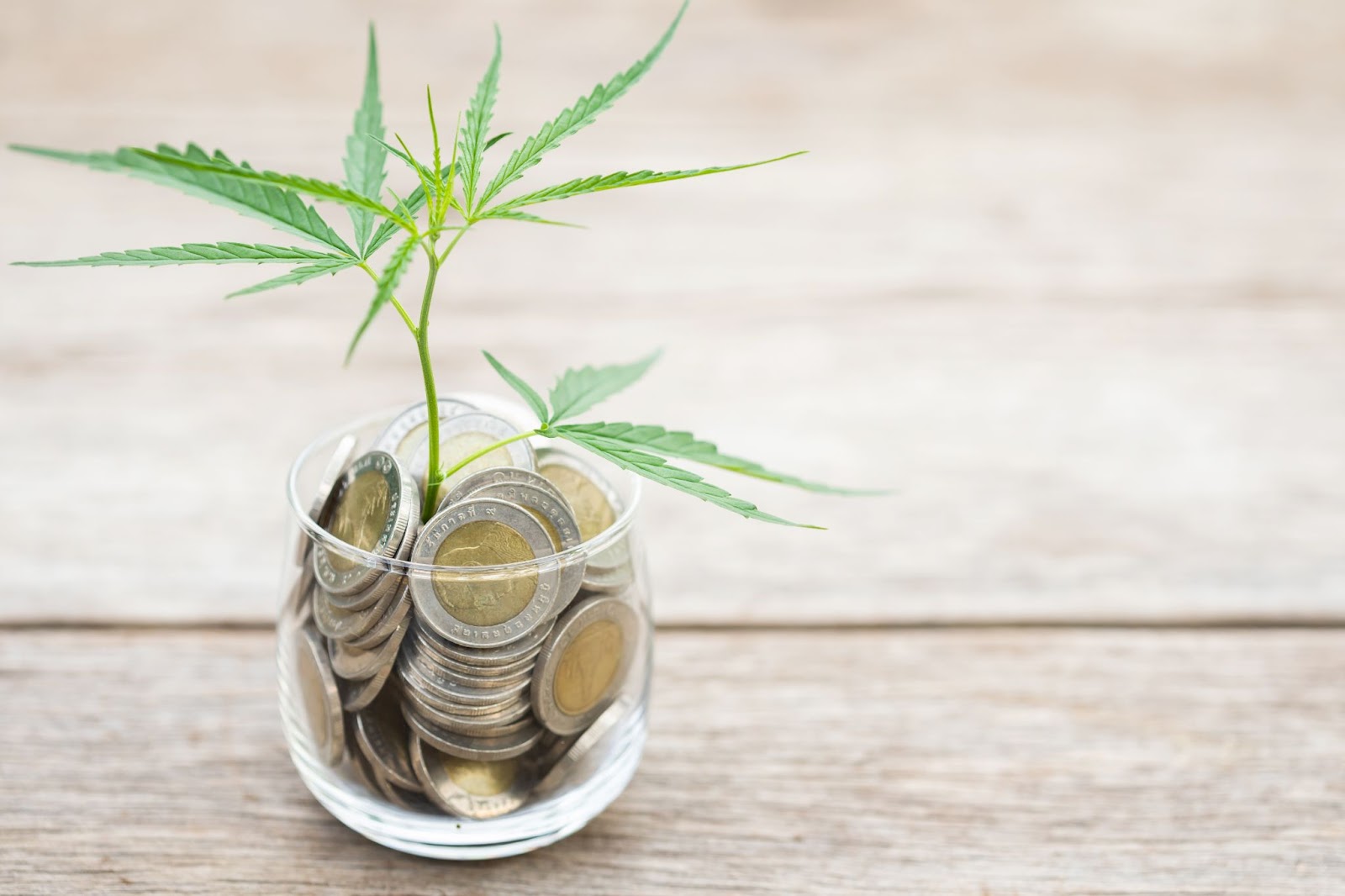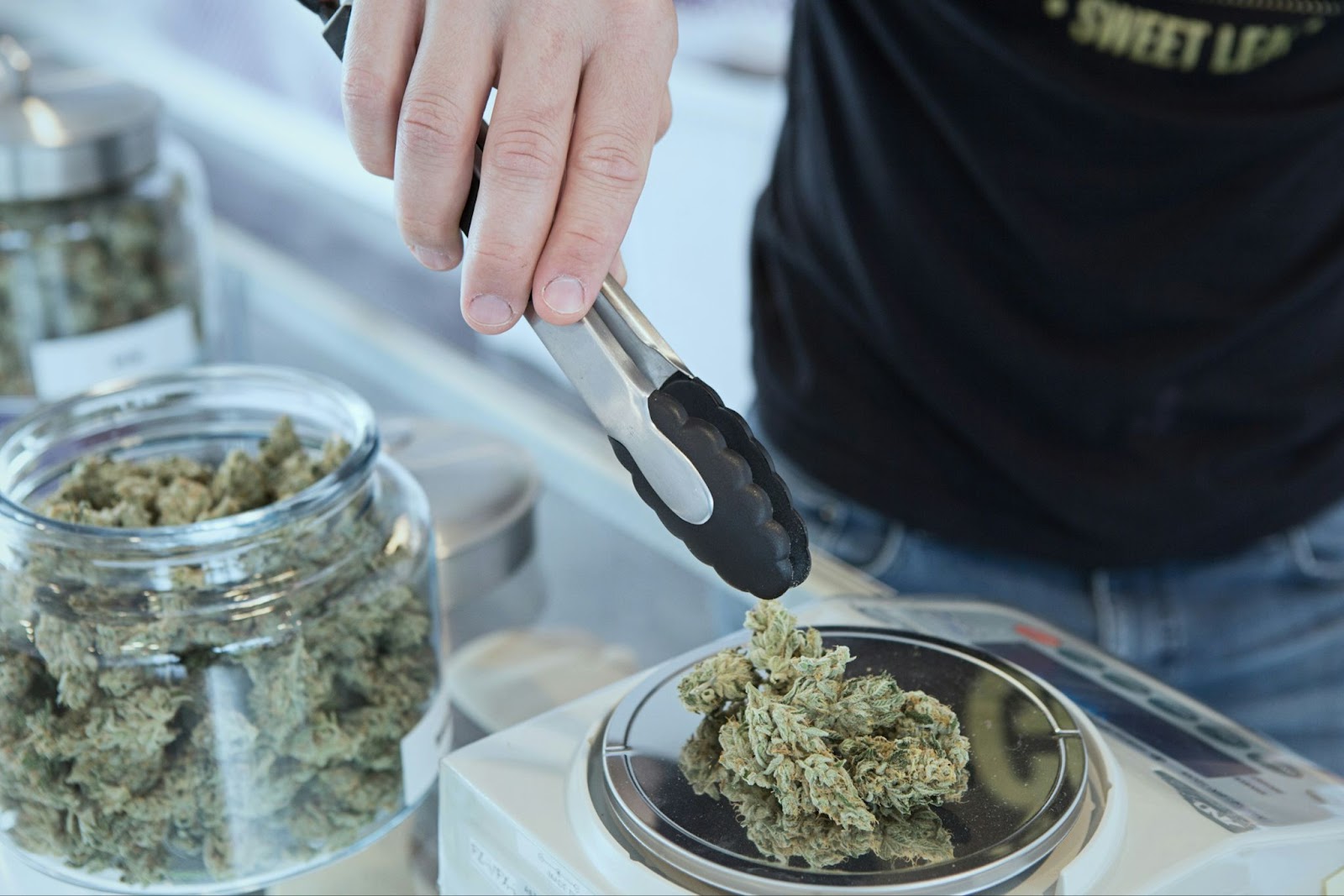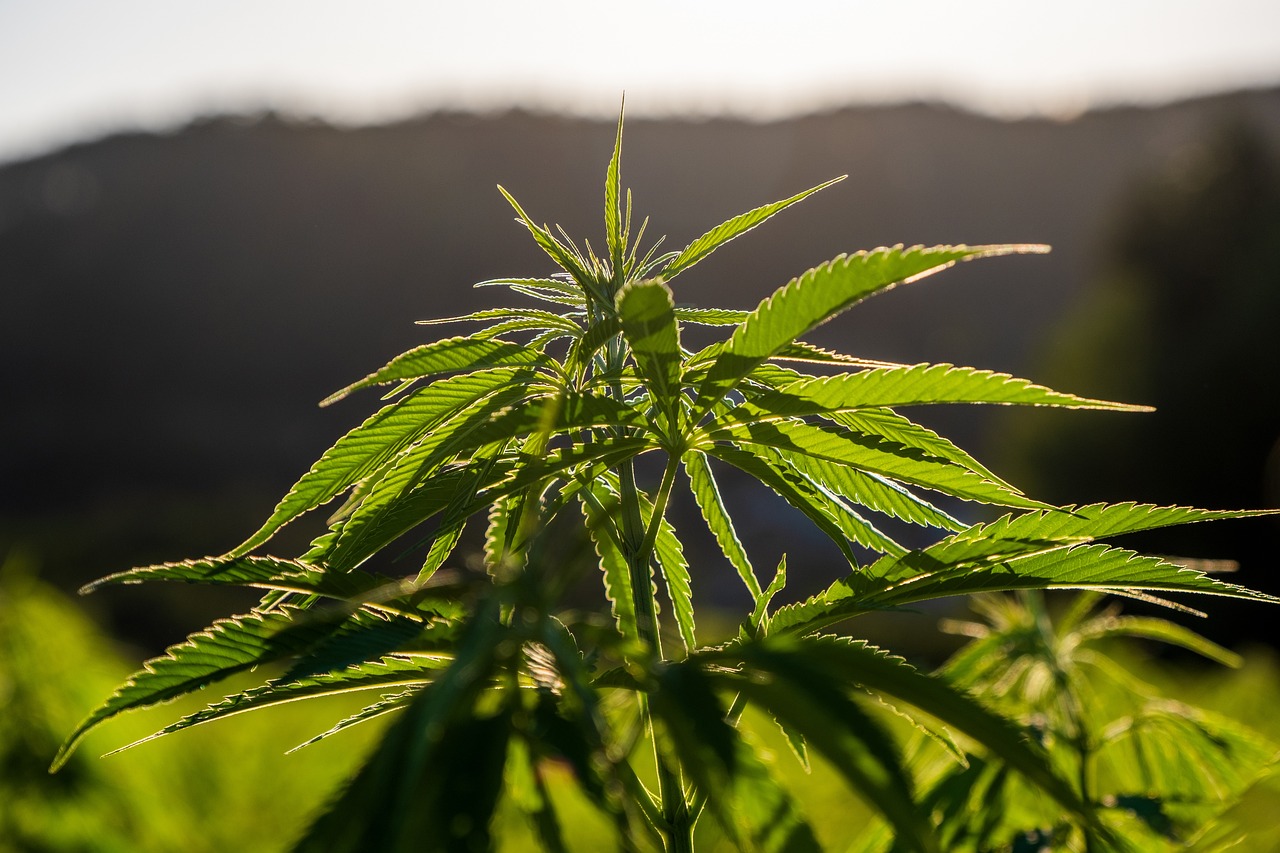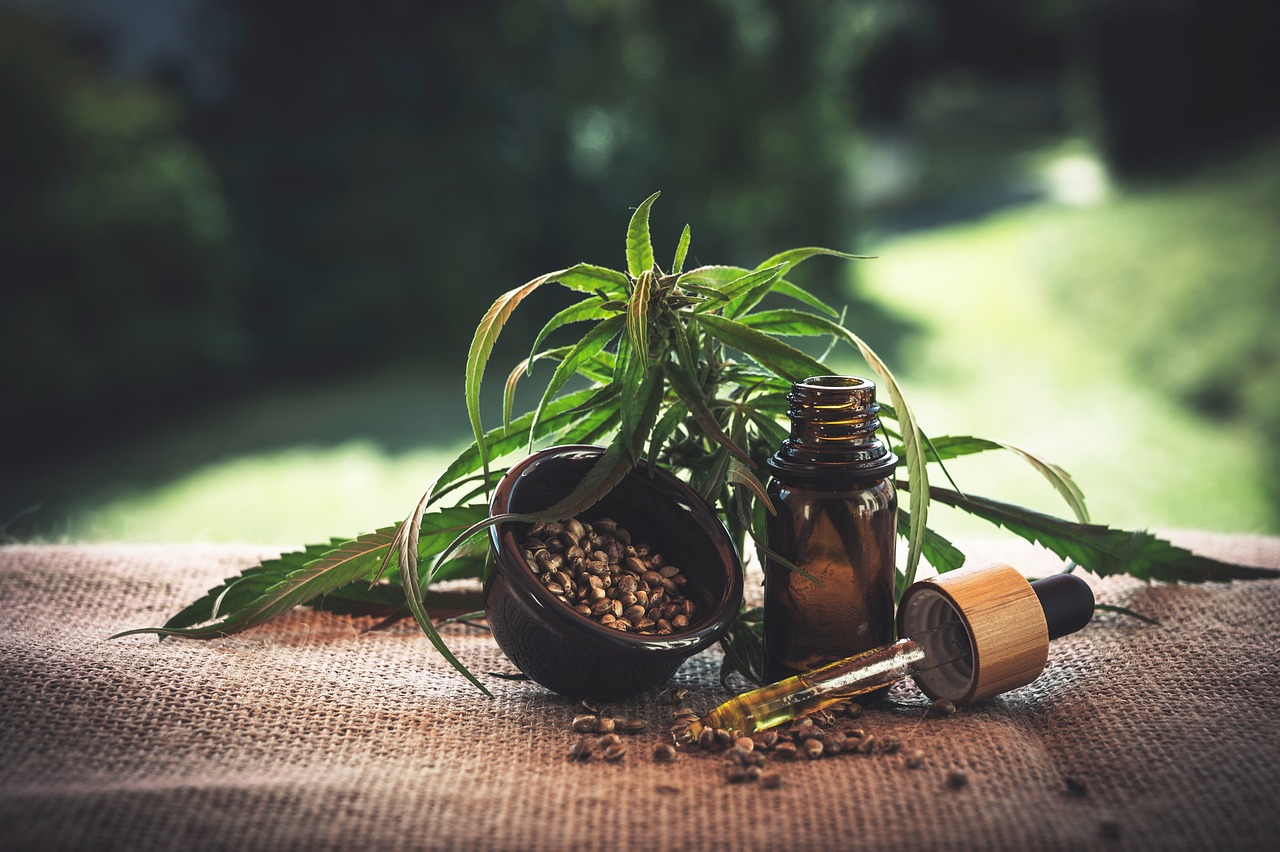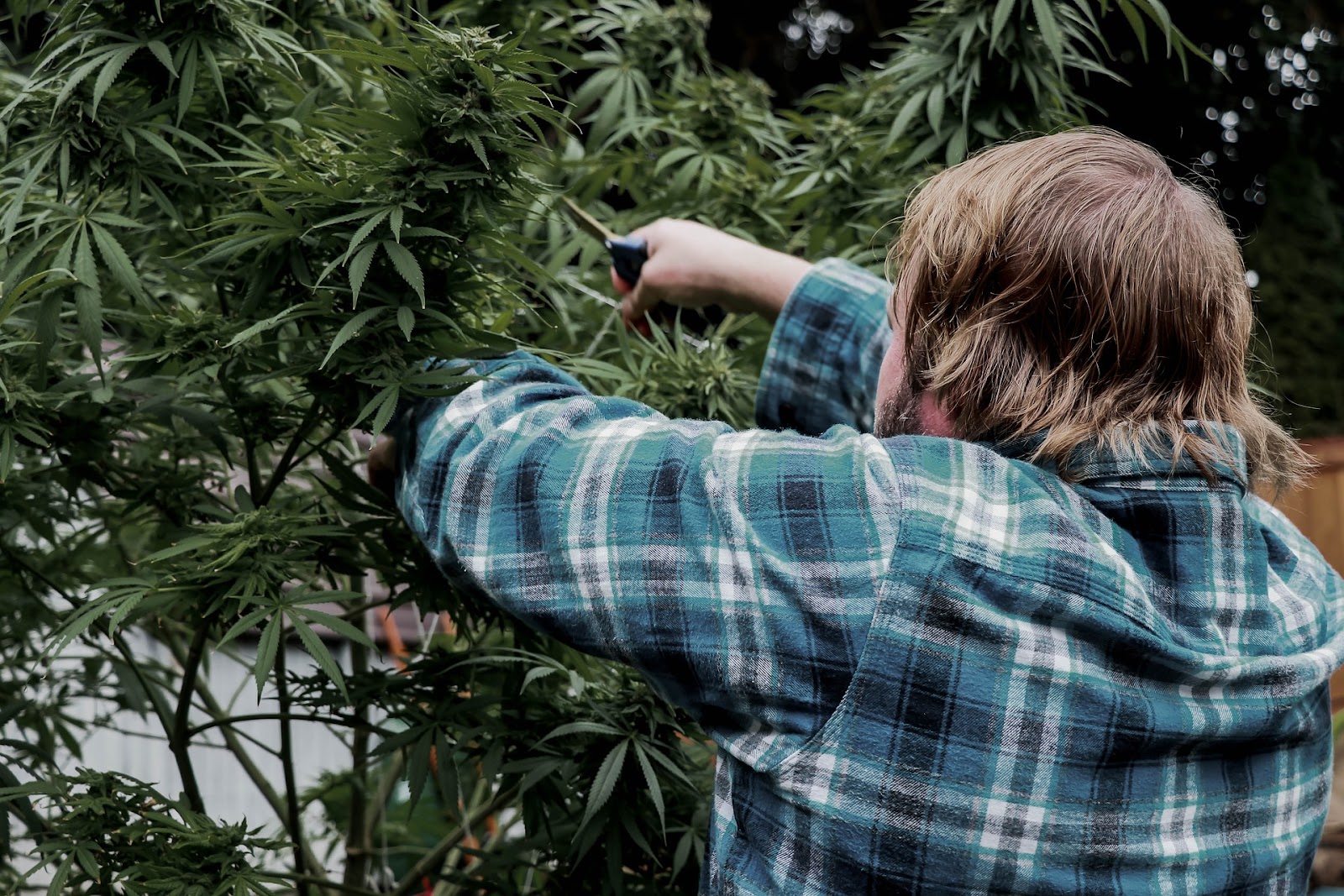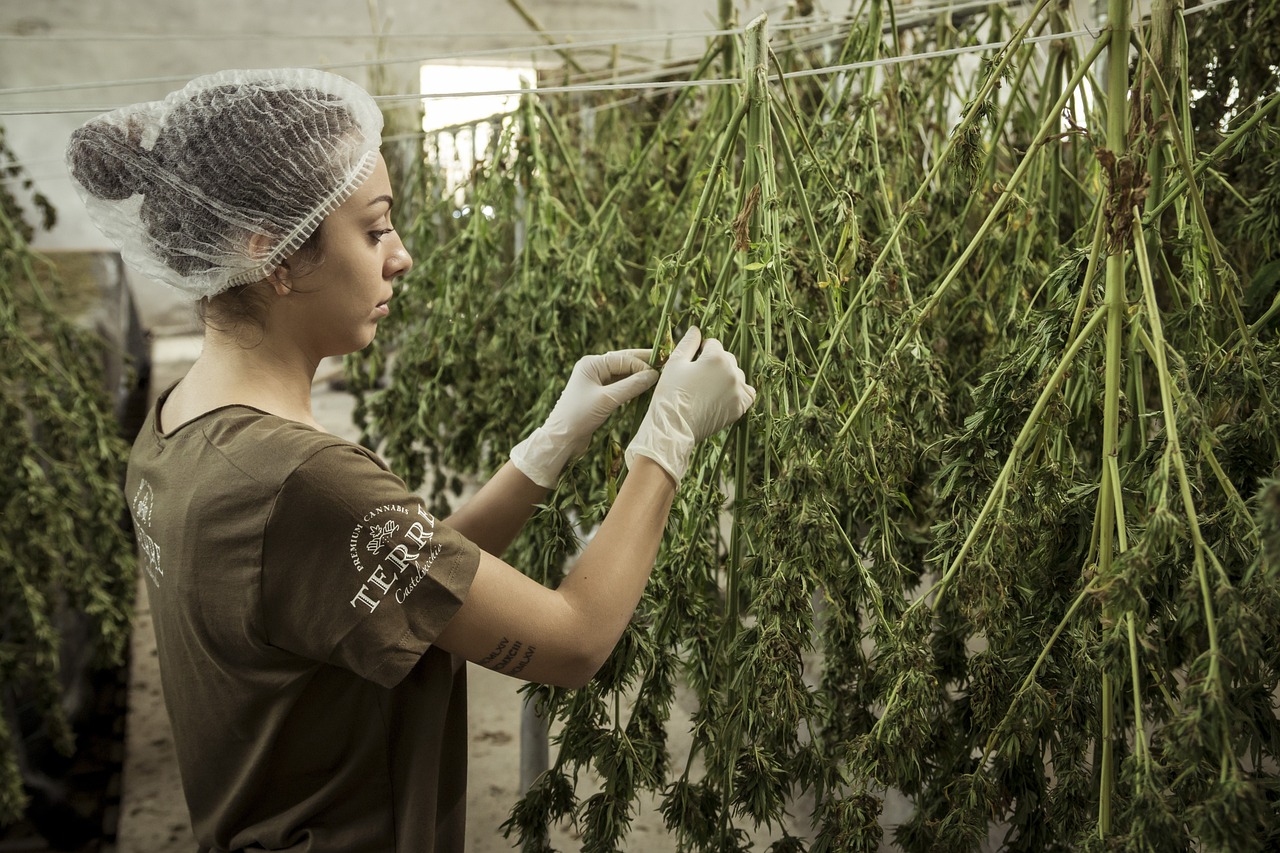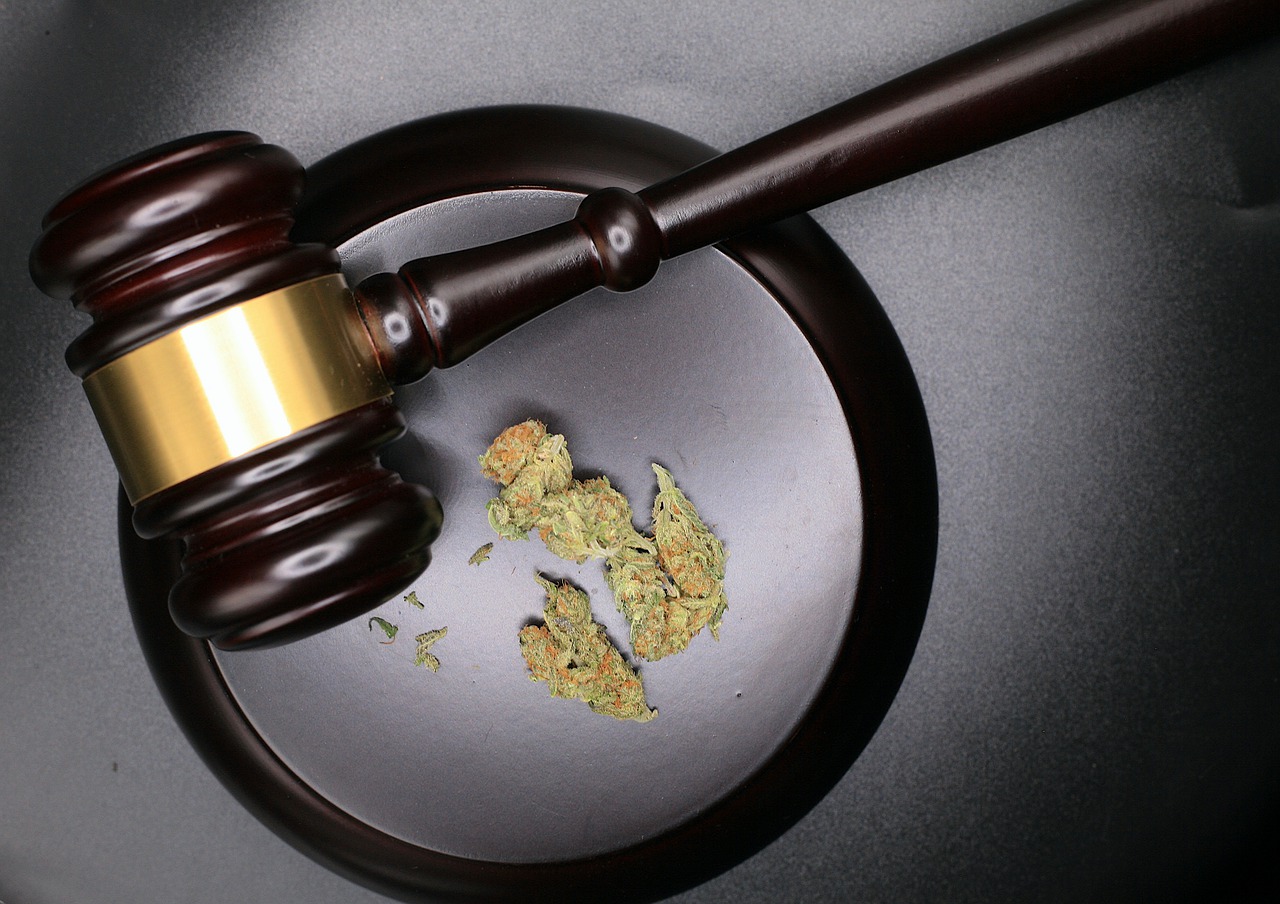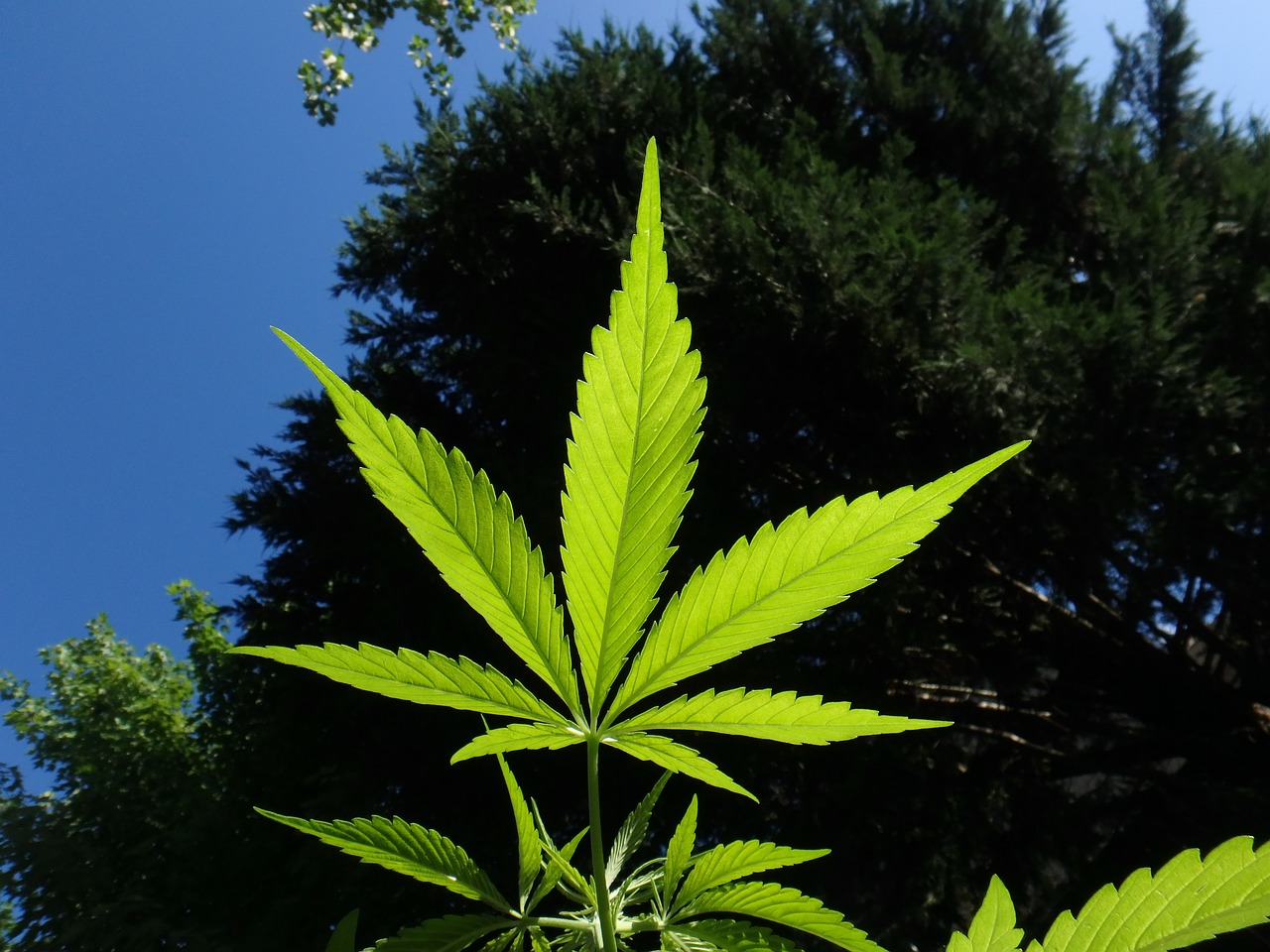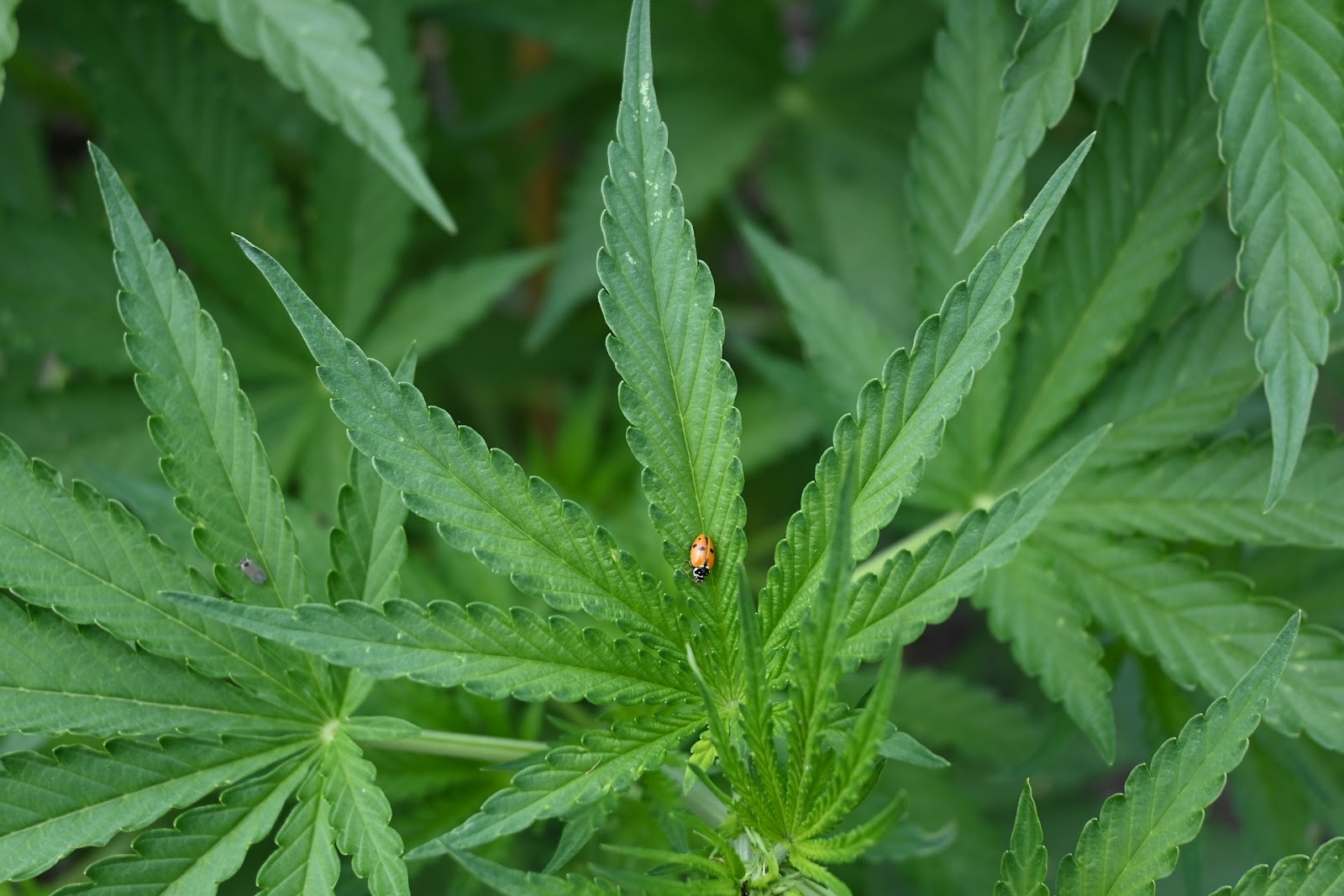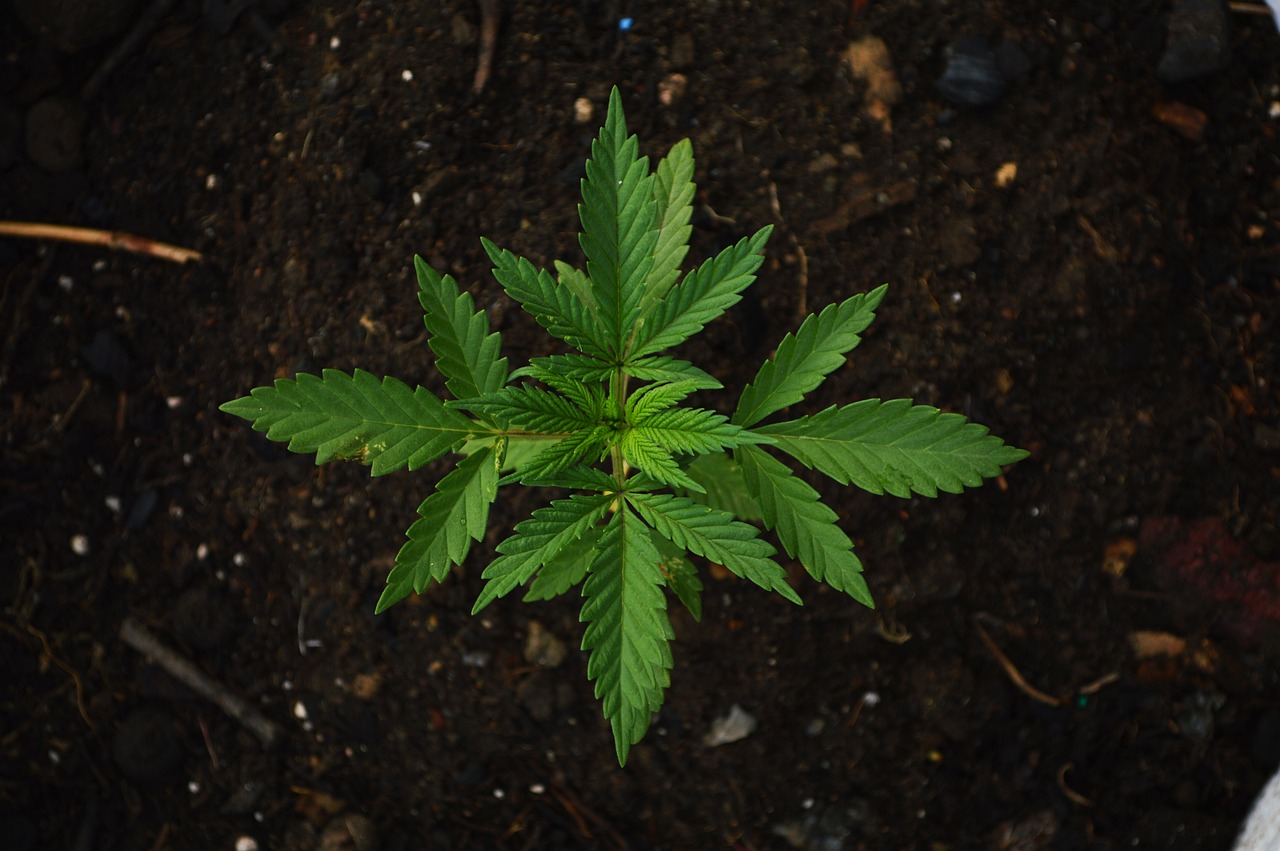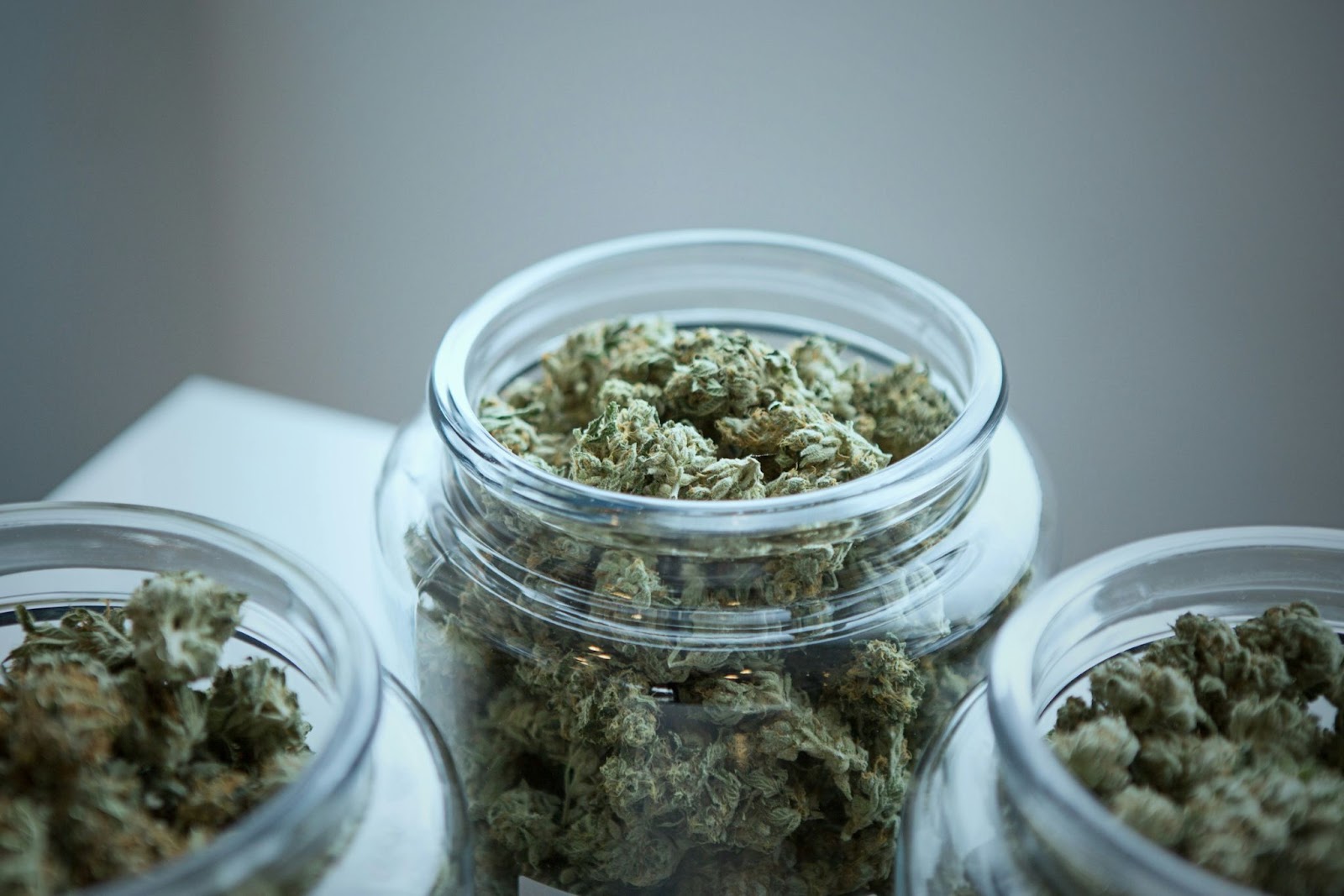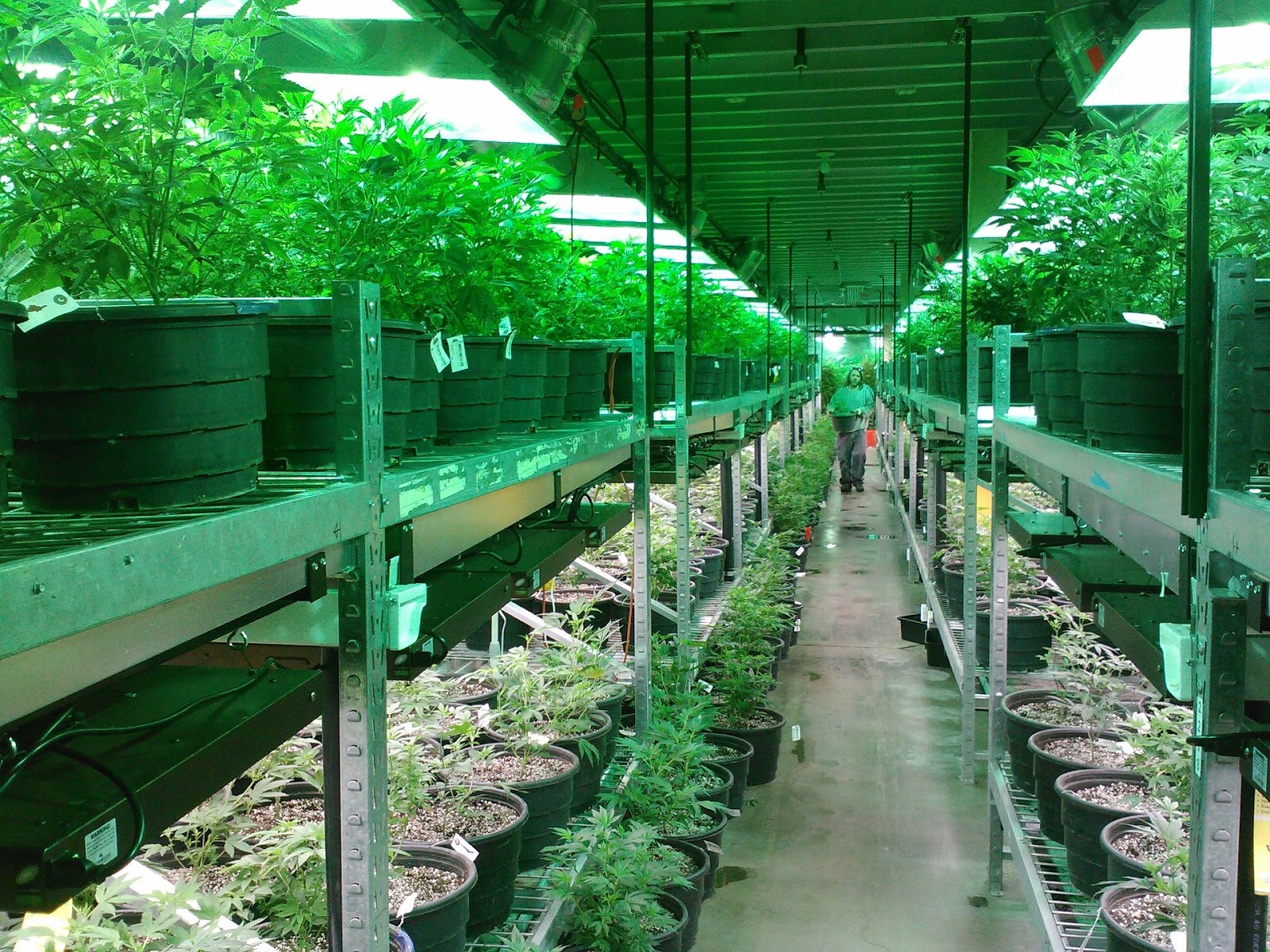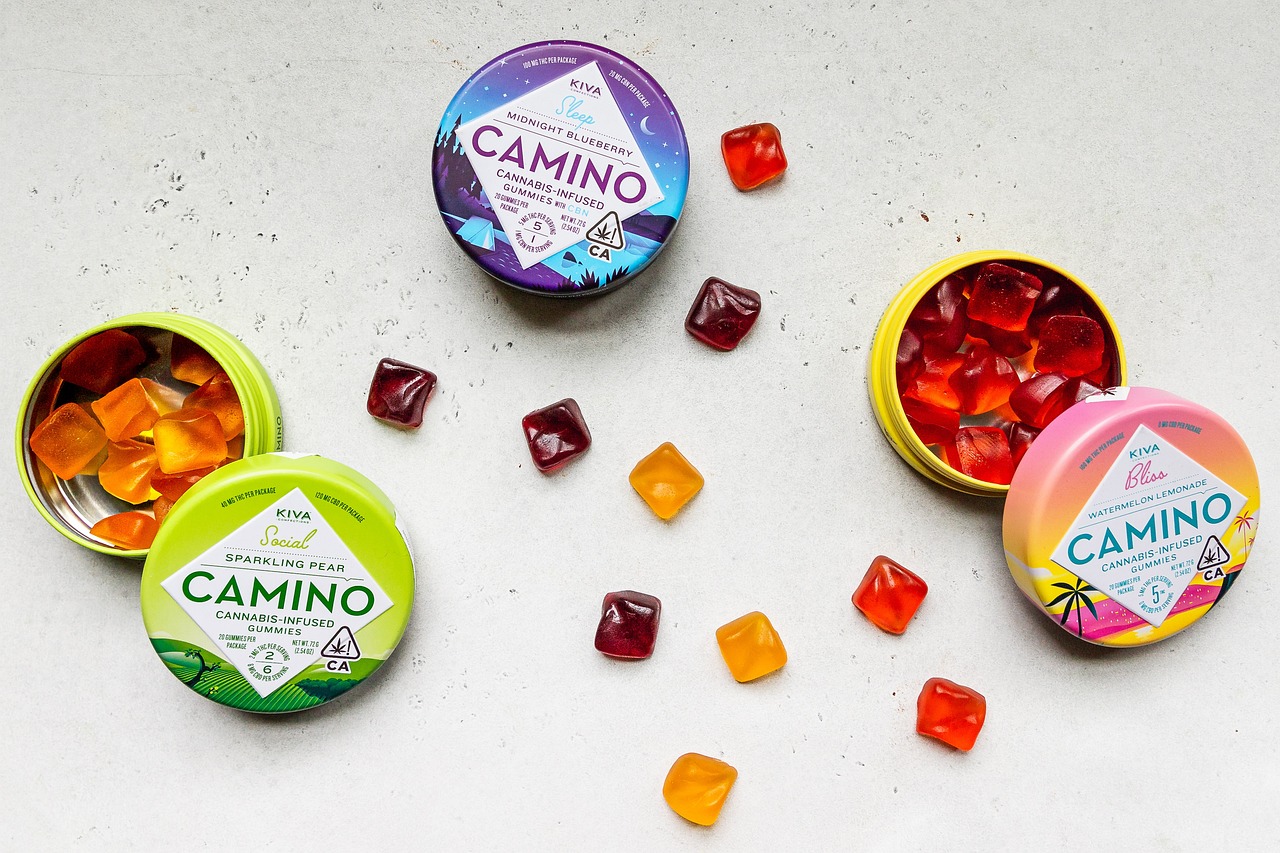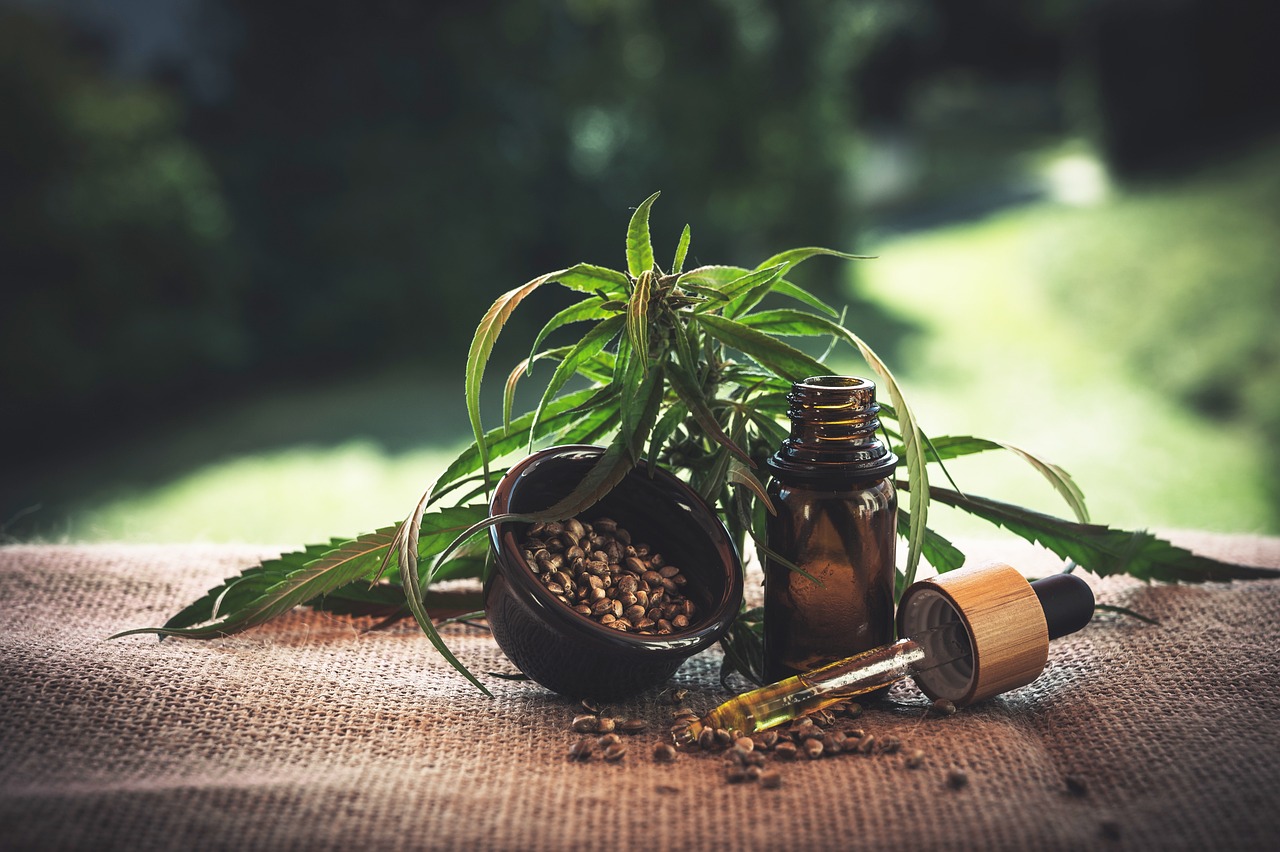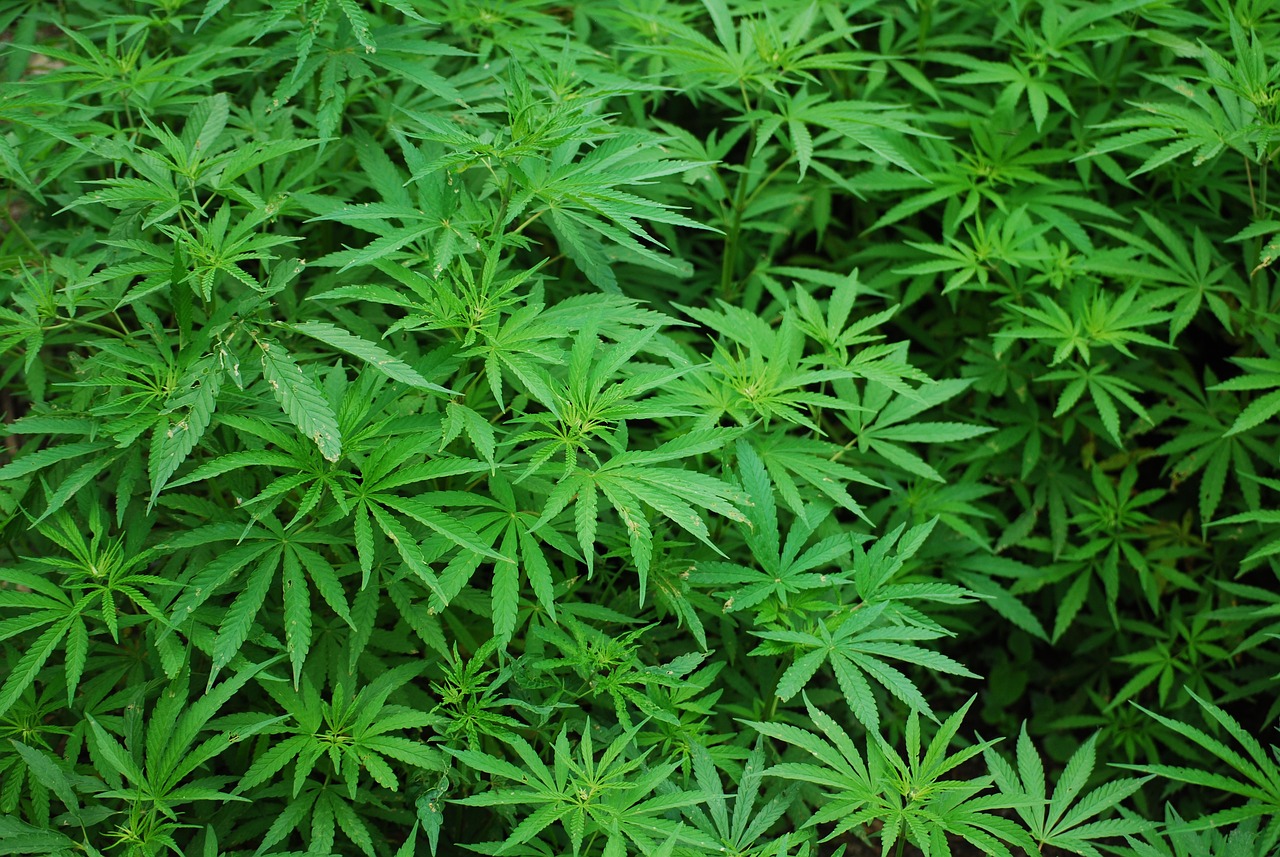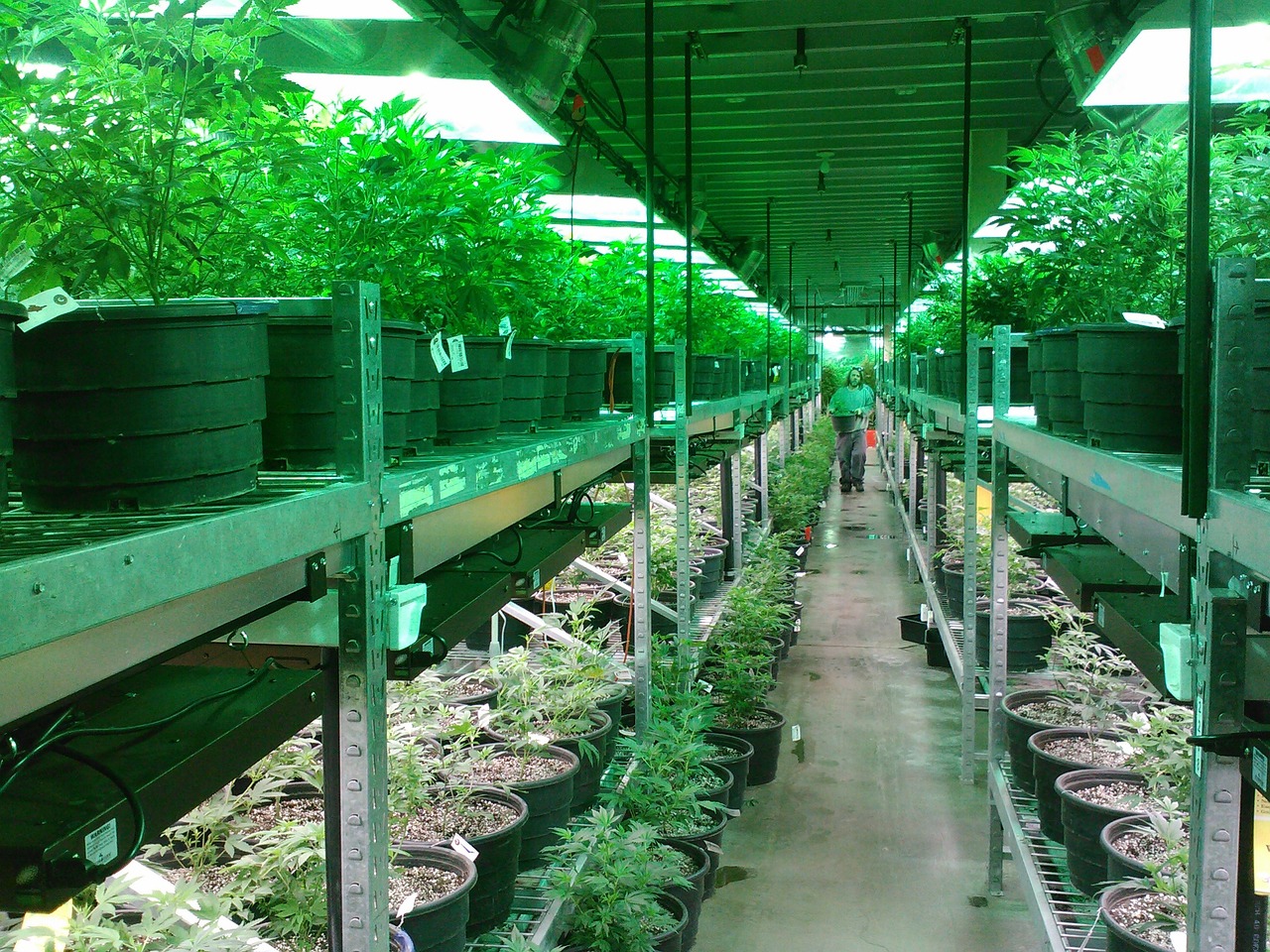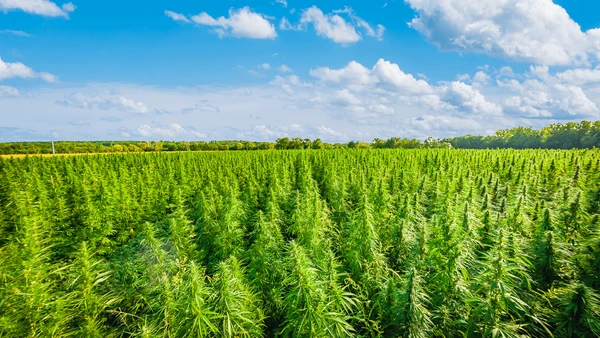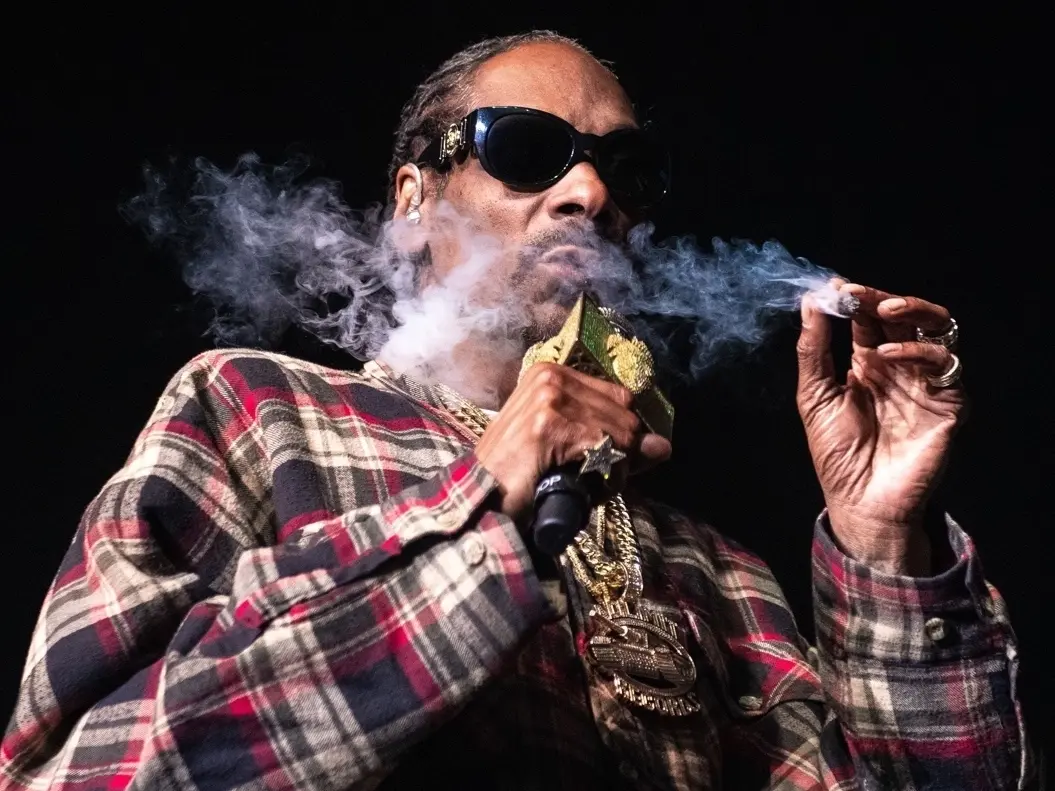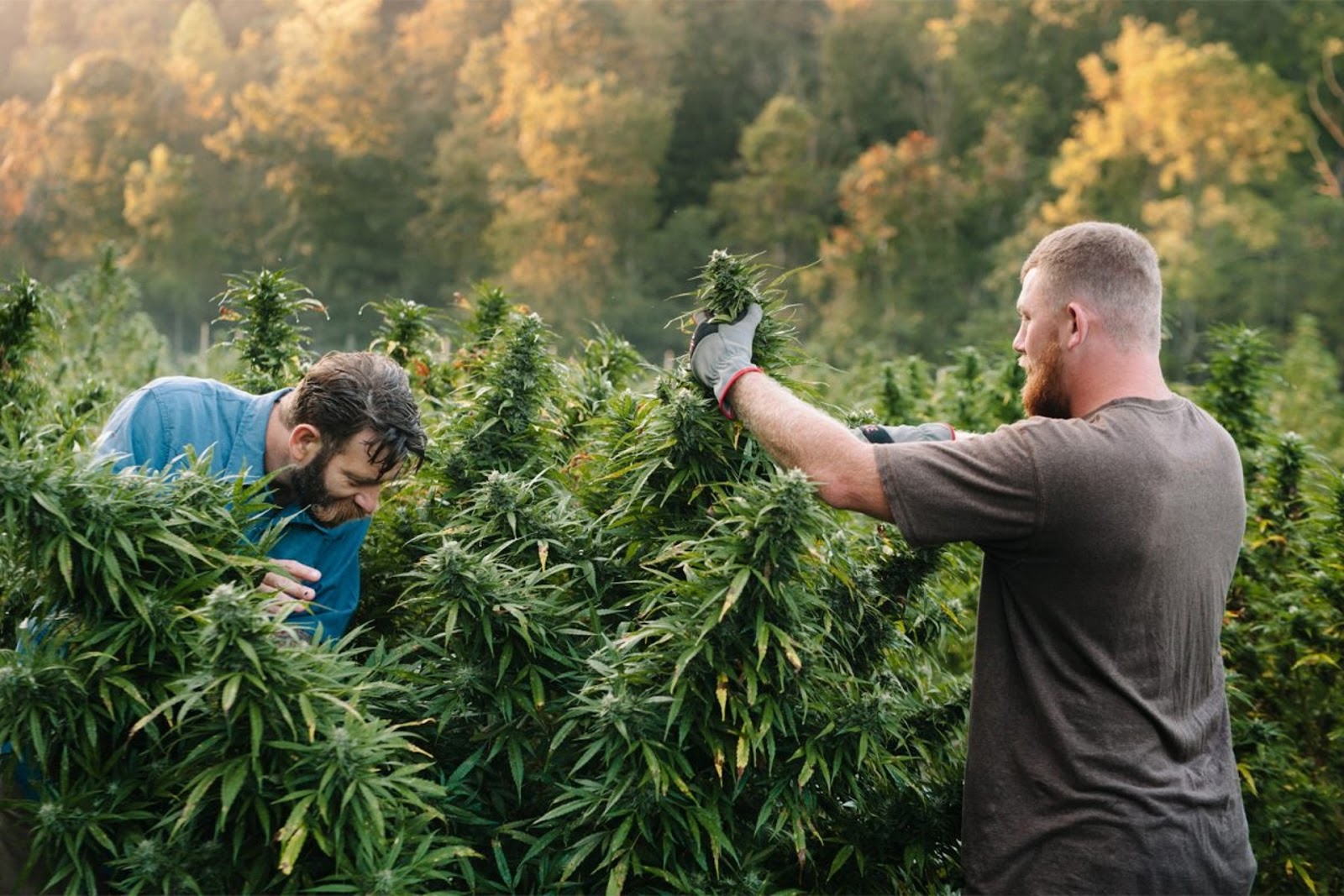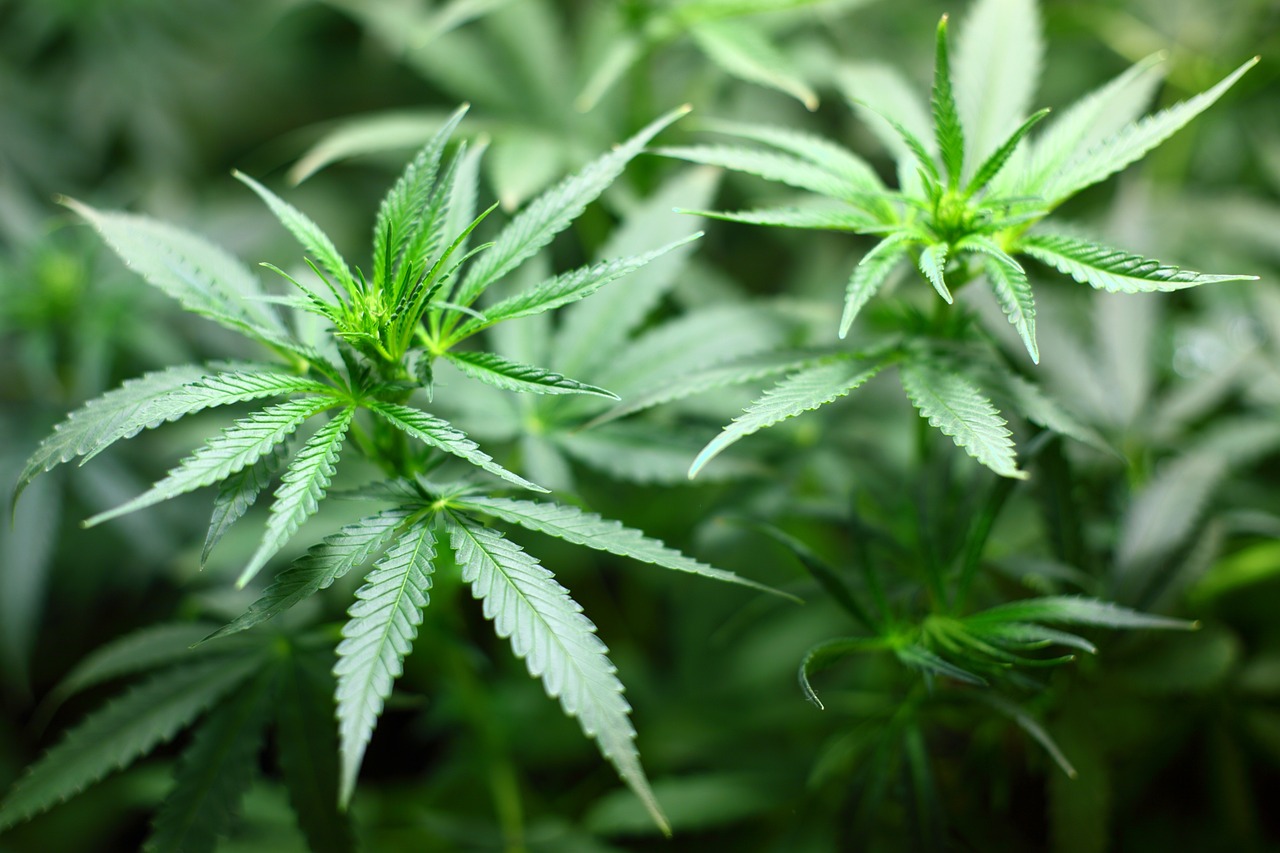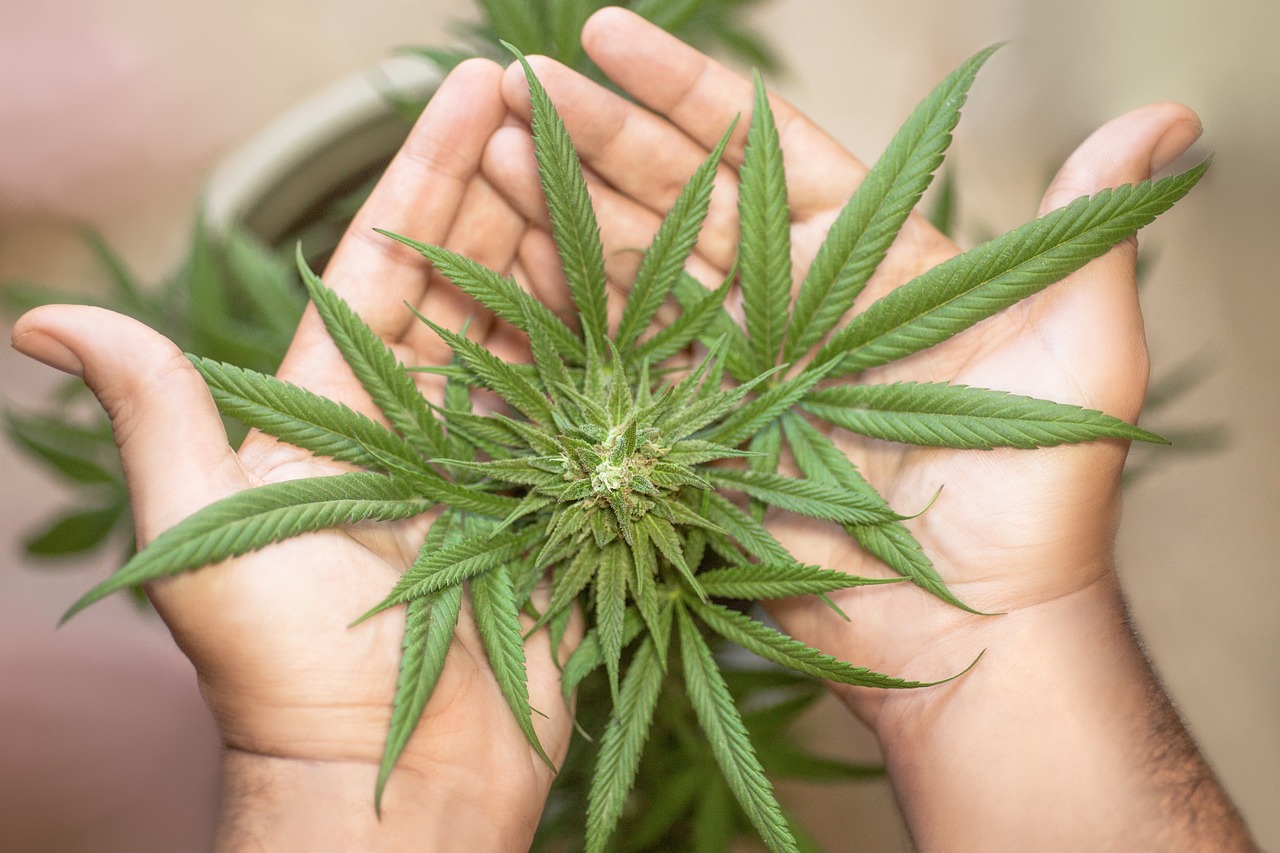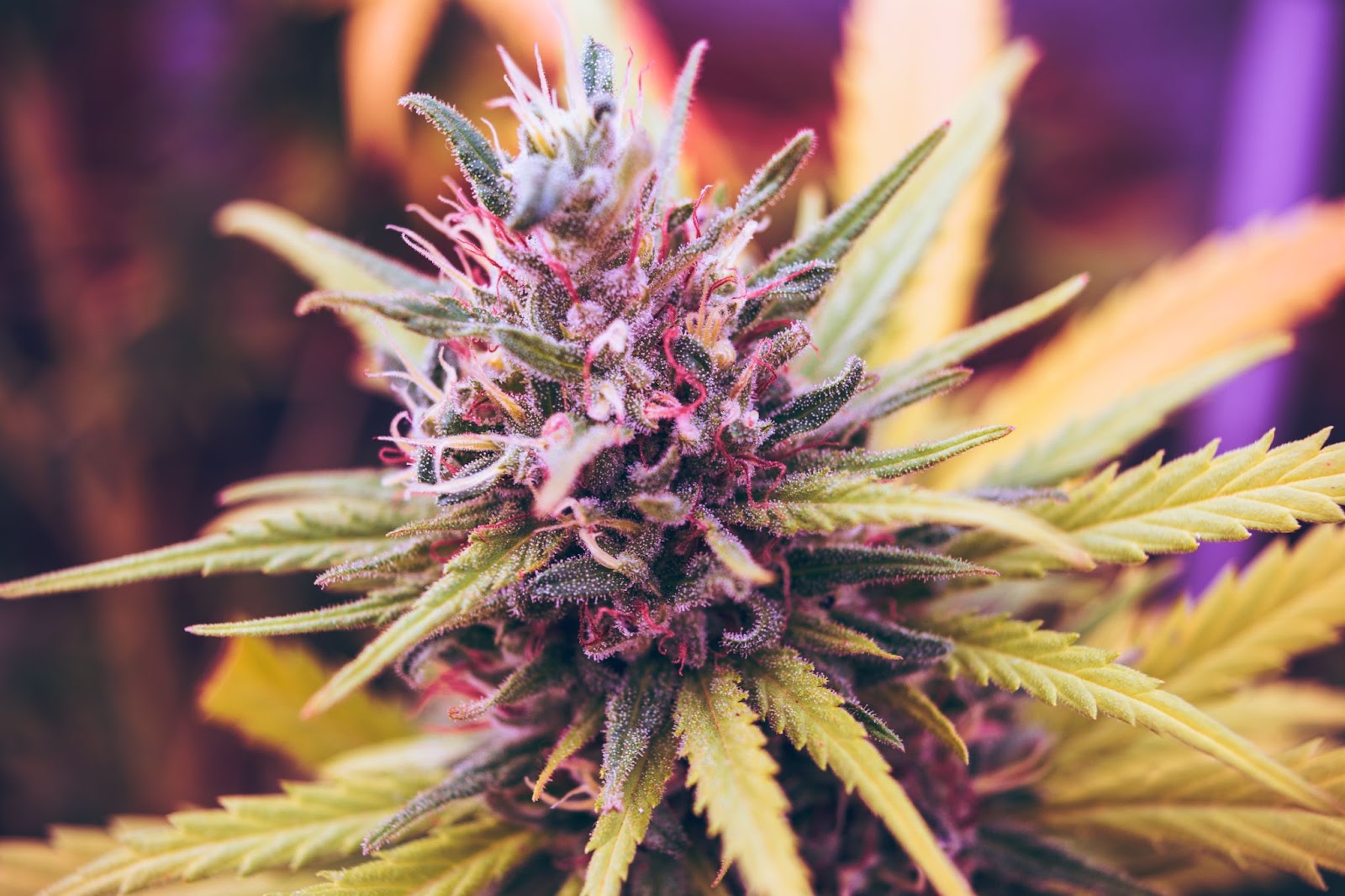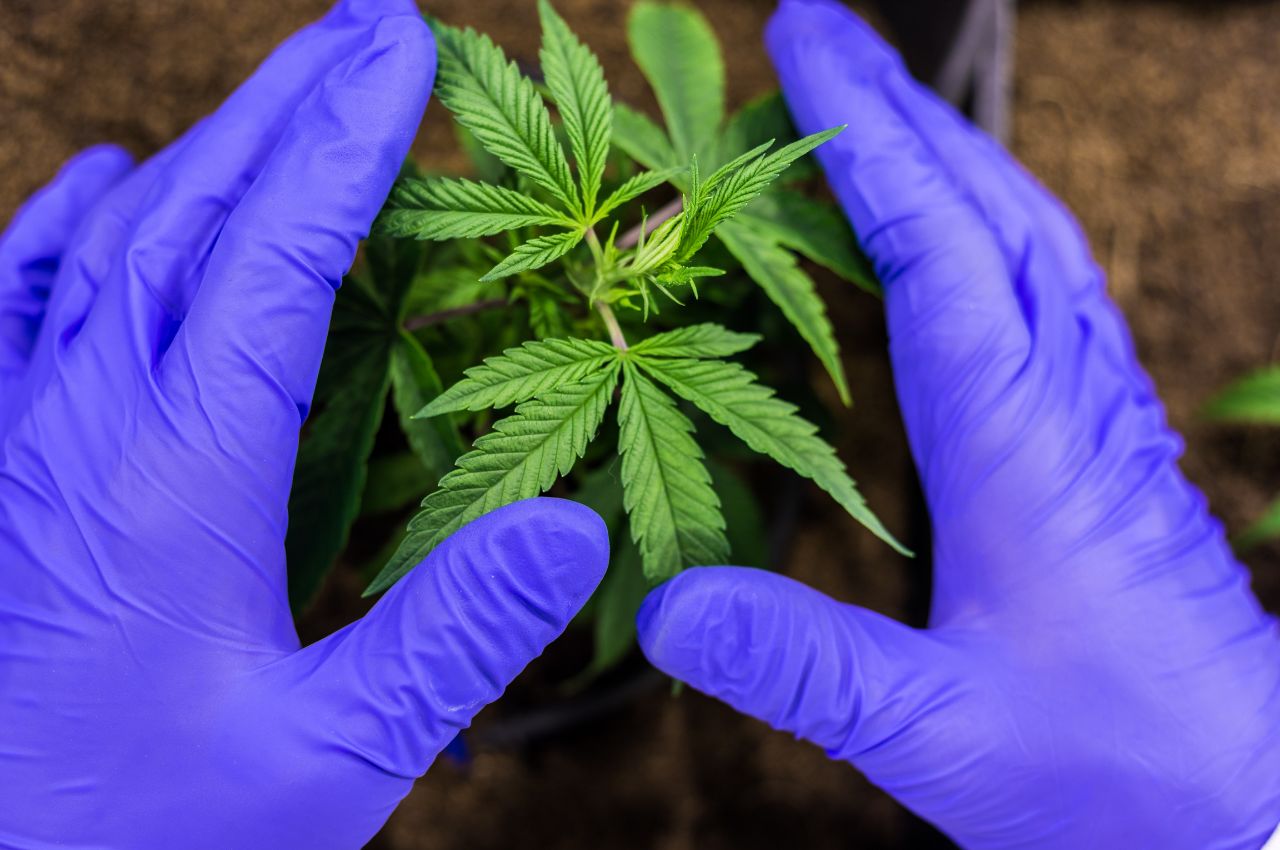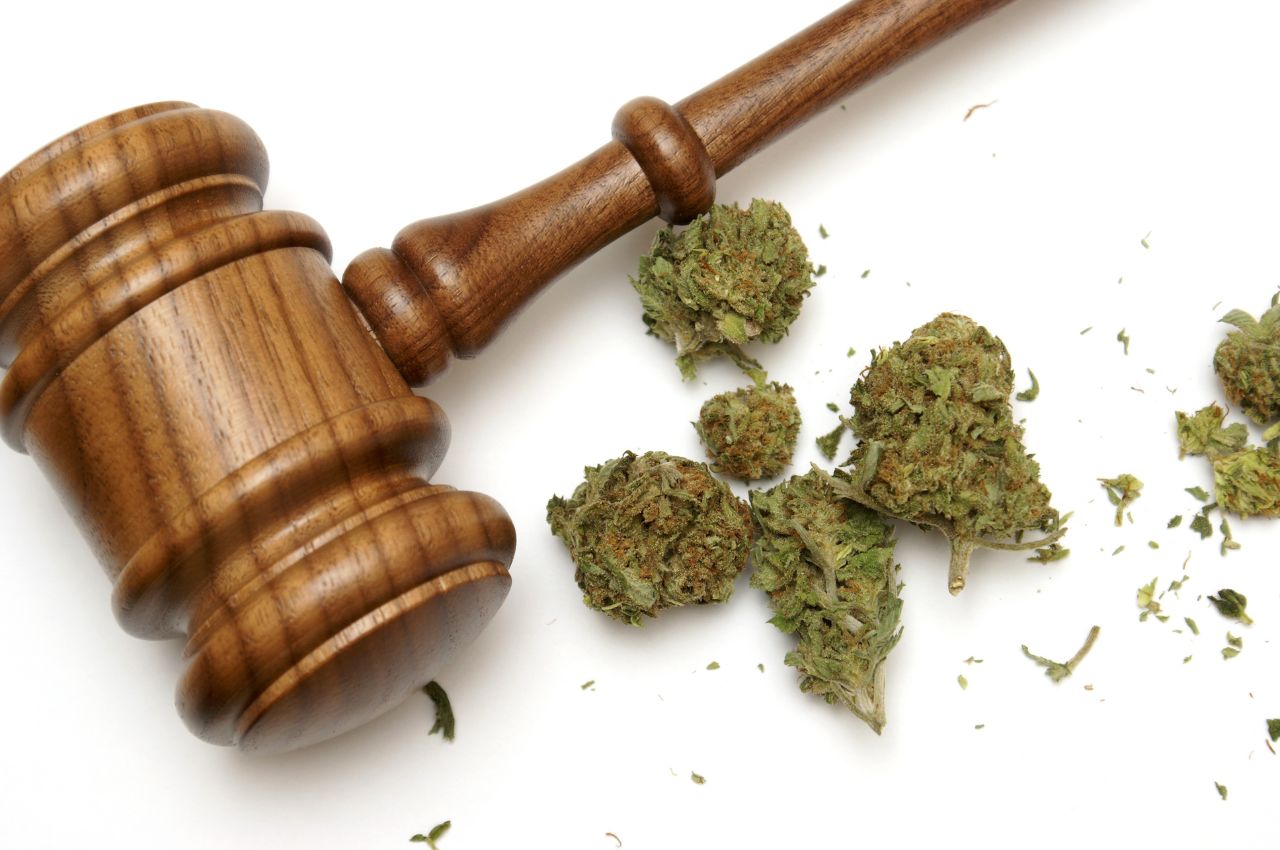Maryland cannabis sales continue to break records six months after recreational legalization. Sales have steadily increased month-over-month, reportedly bringing in nearly $700 million in revenue for the state last year.
According to the Maryland Cannabis Administration, medical marijuana sales have gone up by more than $200 million in five months, while adult use sales skyrocketed to more than $270 million. SunMed Growers in Cecil County, the state’s largest cannabis farm, says its sales have doubled since the legalization of recreational cannabis use. SunMed President Jake Van Wingerden told WJZ News that sales have made a significant dent in the $100 million the company spent setting up its facilities and 60-acre farm in 2018.
“Once legalization happened we were able to stabilize and a lot of our projections came true,” Van Wingerden said. “We recently at SunMed gave the entire staff a 5-dollar-an-hour raise across the board. So, we were very excited to be able to reinvest back into our team and our people.”
The rise in sales has not only been good for businesses. Some of the revenue from marijuana sales is being funneled back into the state. Maryland imposes a 9% sales tax on cannabis products, leading the state to collect more than $12 million in taxes from adult-use marijuana sales from July to September 2023. This tax revenue is funneled into a variety of funds related to health, business, and social equity.
Because of the incredible results of legalization, the state has decided to hand out 75 new dispensary licenses in 2024 to encourage more legal cannabis retailers. Licenses will be handed out based on a lottery system, but a definitive amount will be designated to each jurisdiction. Areas that have been disproportionately affected by the war on drugs will be awarded a higher number of licenses. Baltimore City will receive the most licenses with 11, closely followed by Montgomery and Prince George counties which will each receive 9.
“The state suffers from a lack of diversity specifically on the grower side,” Van Wingerden commented. “So they want to give out more licenses to disadvantaged people and allow them to be successful. That piece of the law and that process is ongoing and we’re very supportive of that.”
Tax reports show that Baltimore City, Montgomery, and Prince George counties also paid the most in marijuana-related taxes last year, meaning more licenses will be given to the areas in Maryland where the marijuana industry is seeing the highest sales. This will undoubtedly help the state if sales continue to boom in these regions.
While the majority of taxes collected will go to the Maryland General Fund, the state’s Cannabis Public Health Fund and Cannabis Business Assistance Fund also each receive 5% of the tax revenue collected from marijuana sales. The Cannabis Public Health Fund collects funds for research on the health effects of marijuana. The Cannabis Business Assistance Fund is used to aid small businesses, women-owned businesses, and minority-owned businesses operating in the cannabis space.
